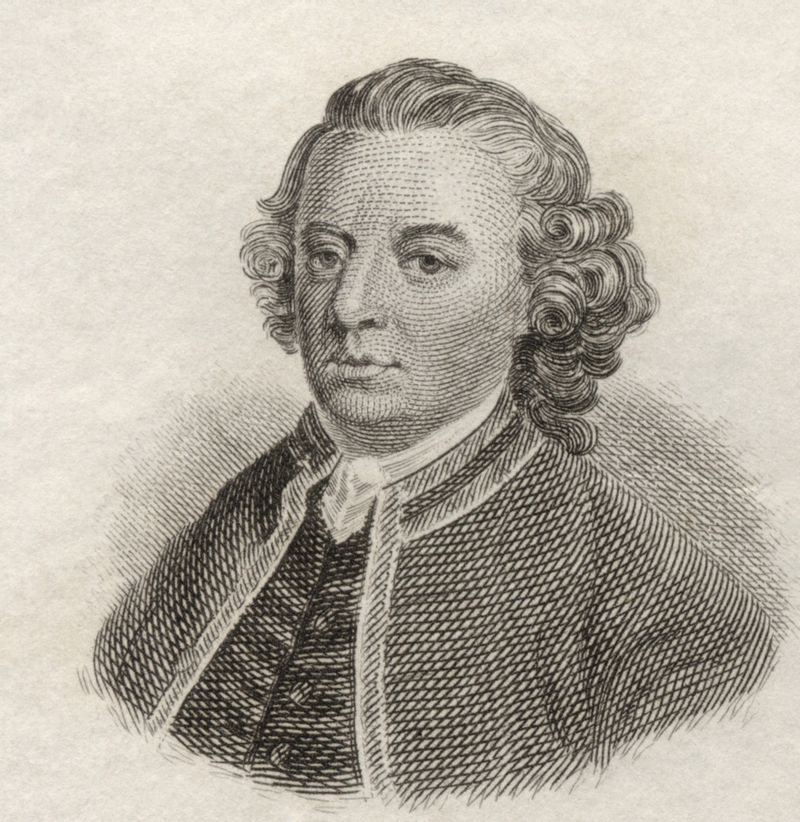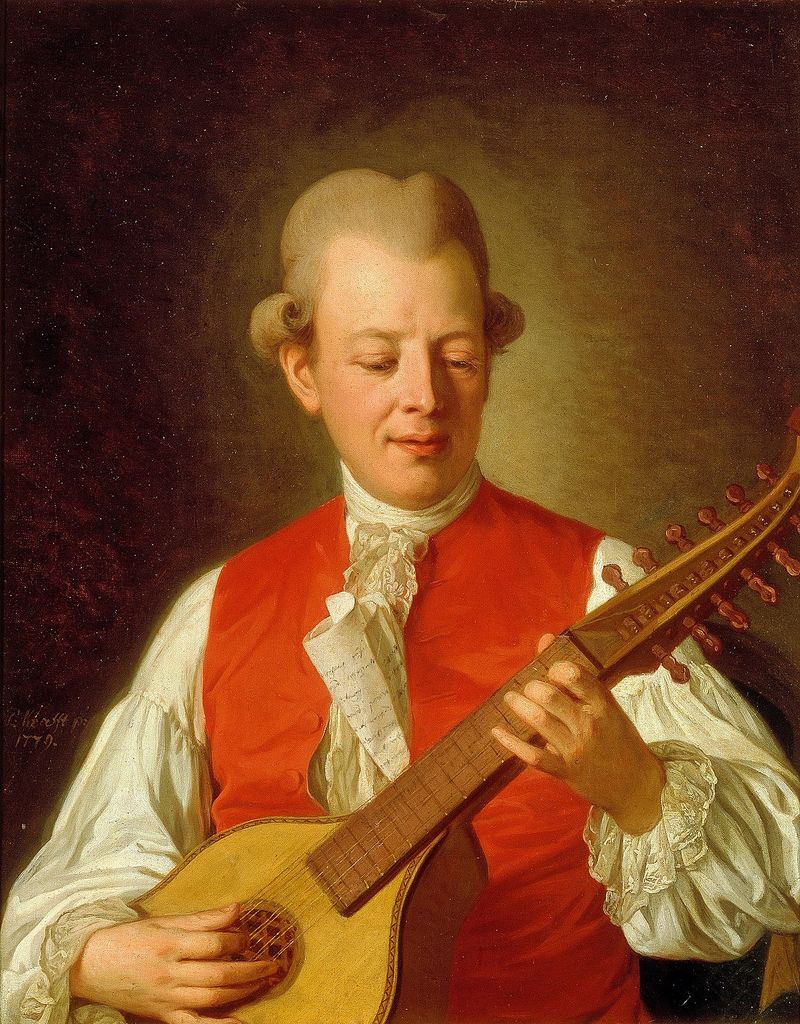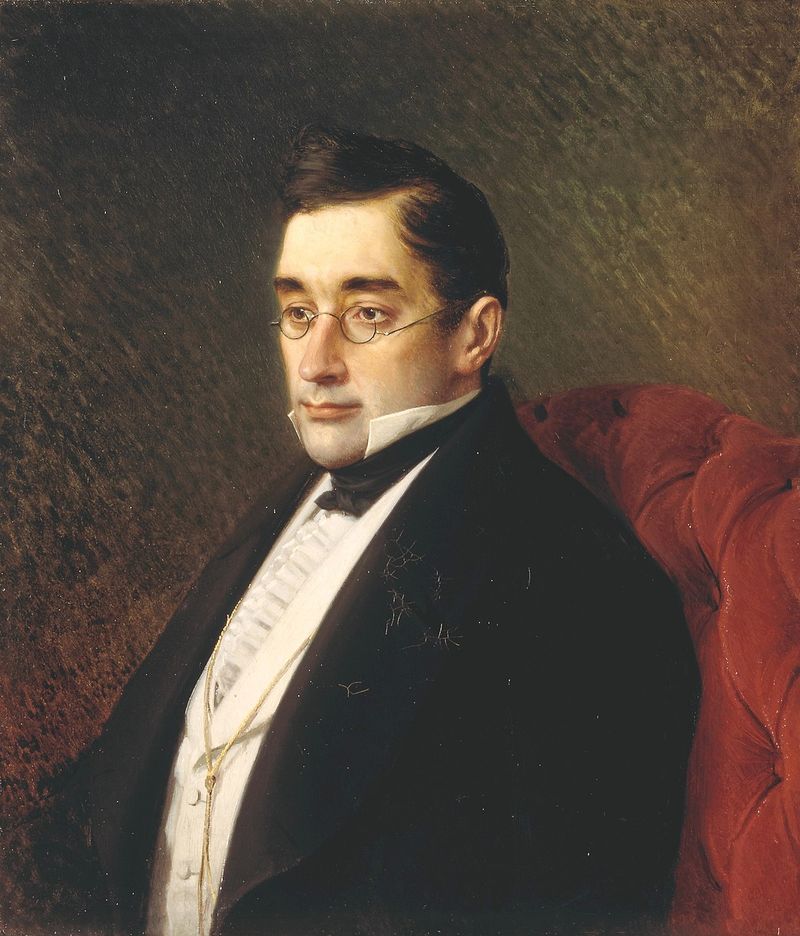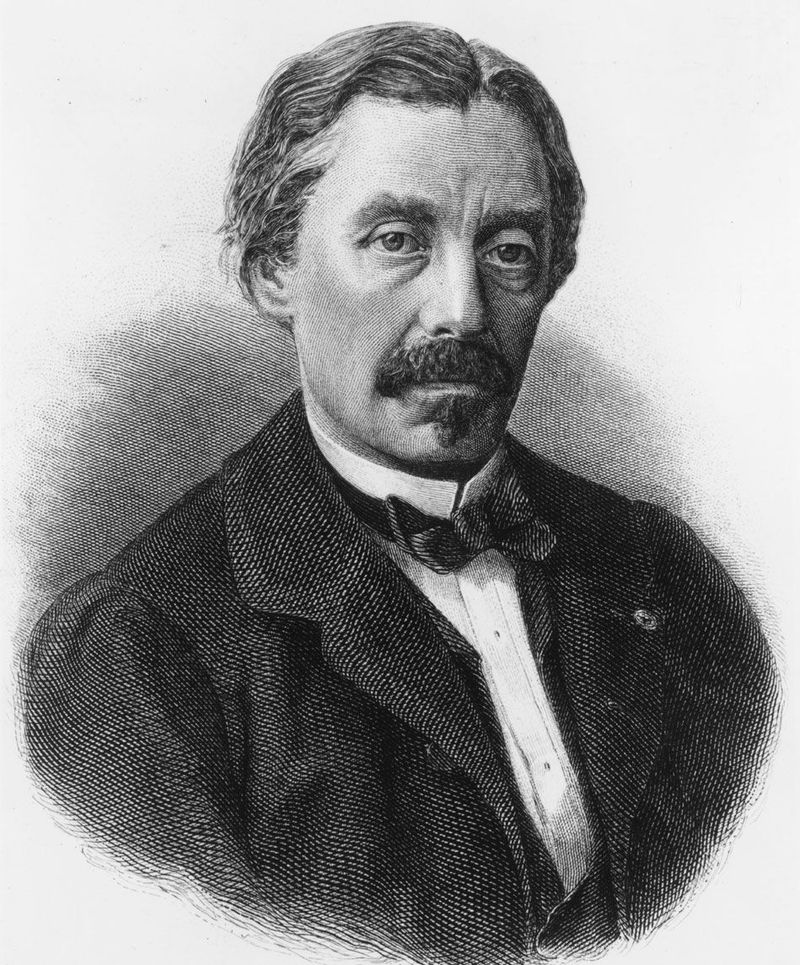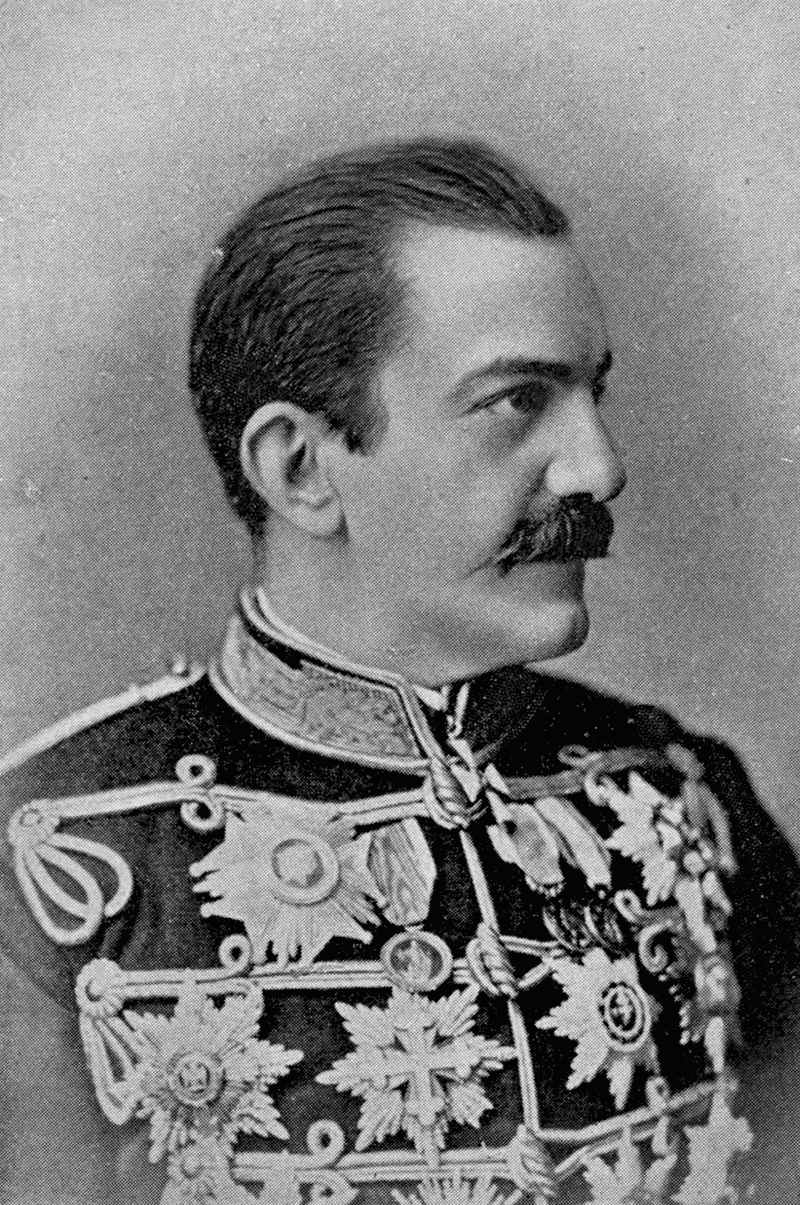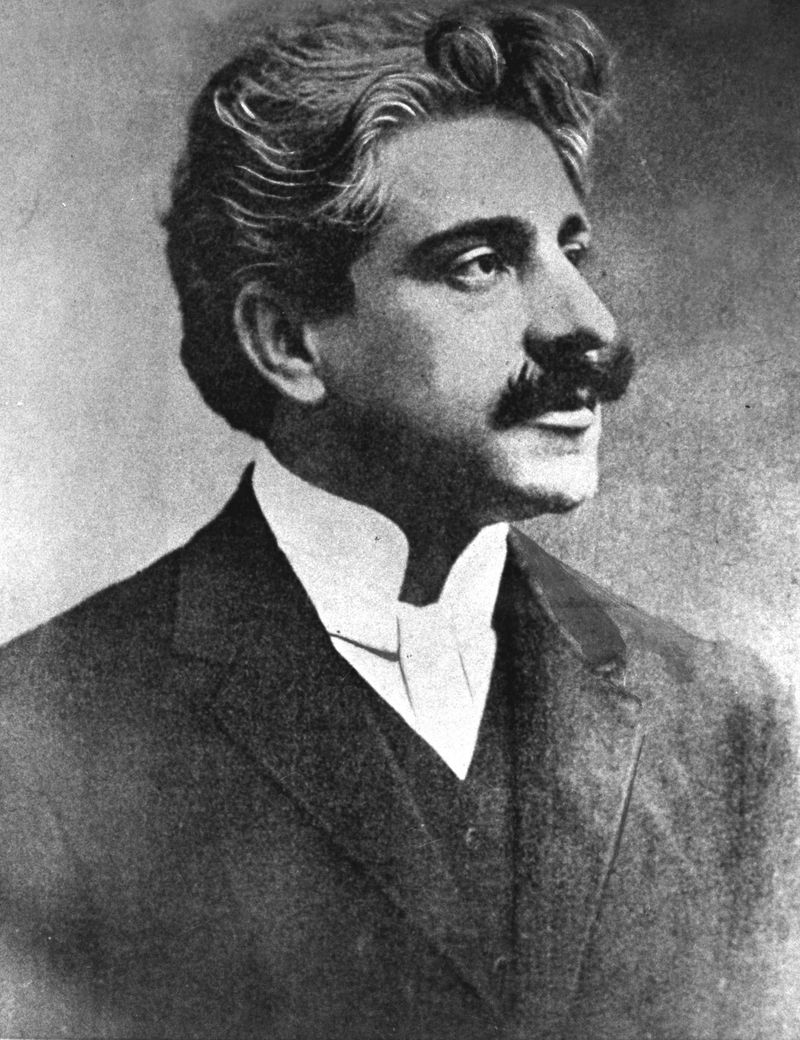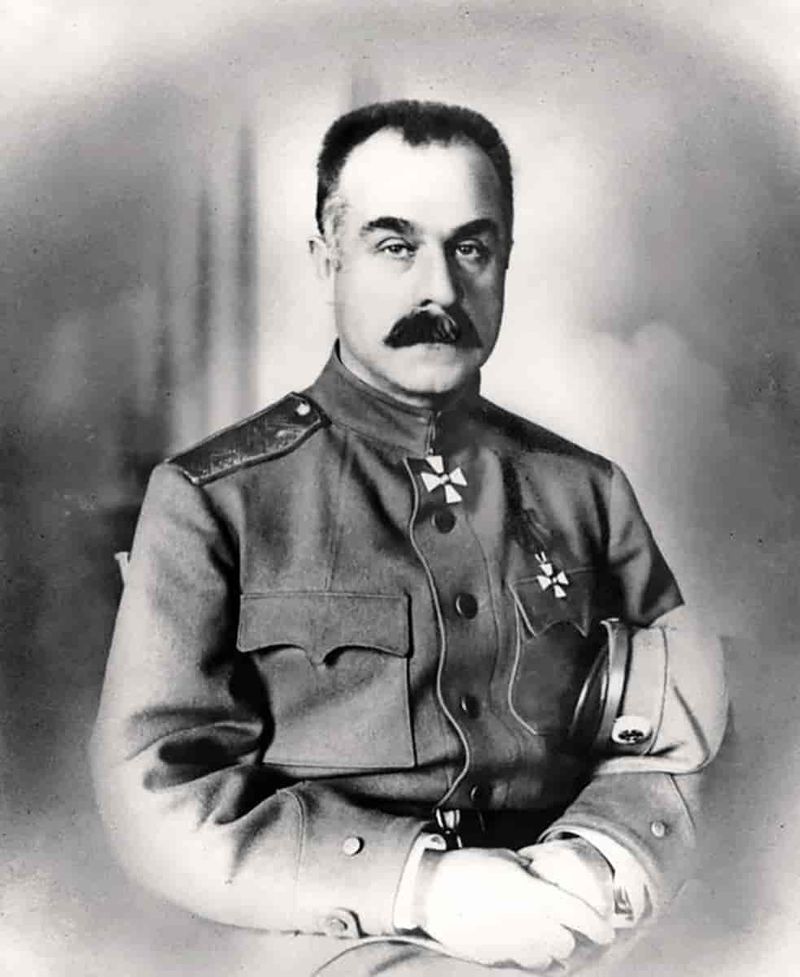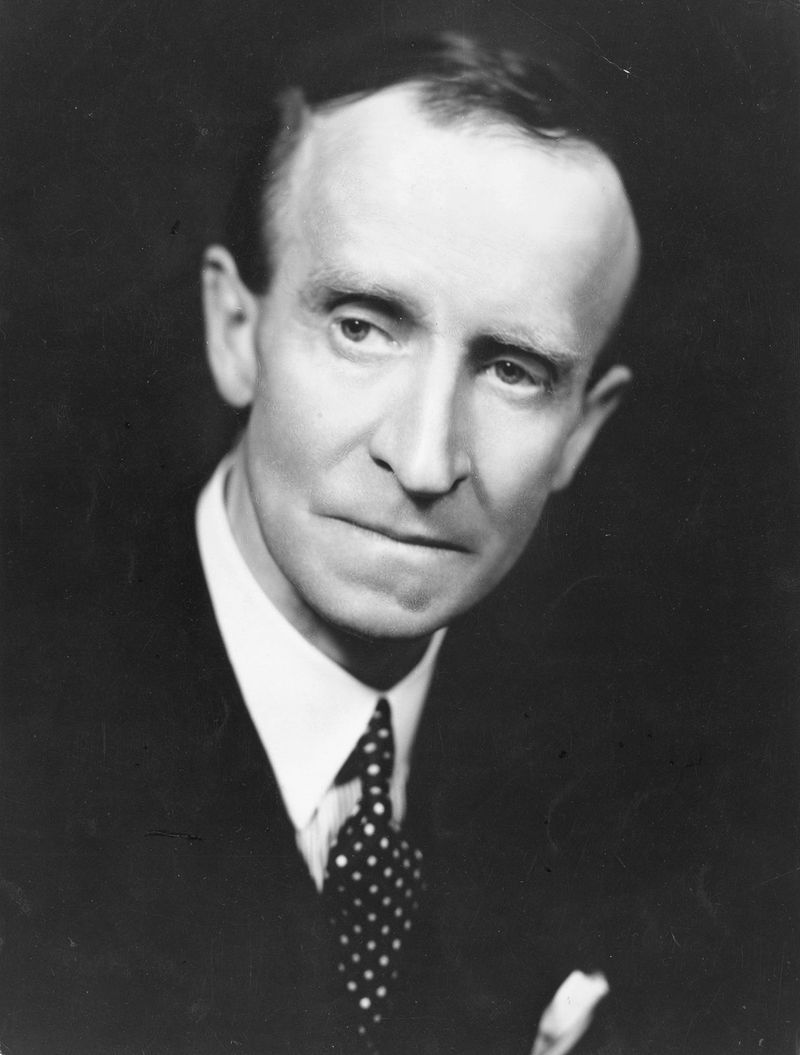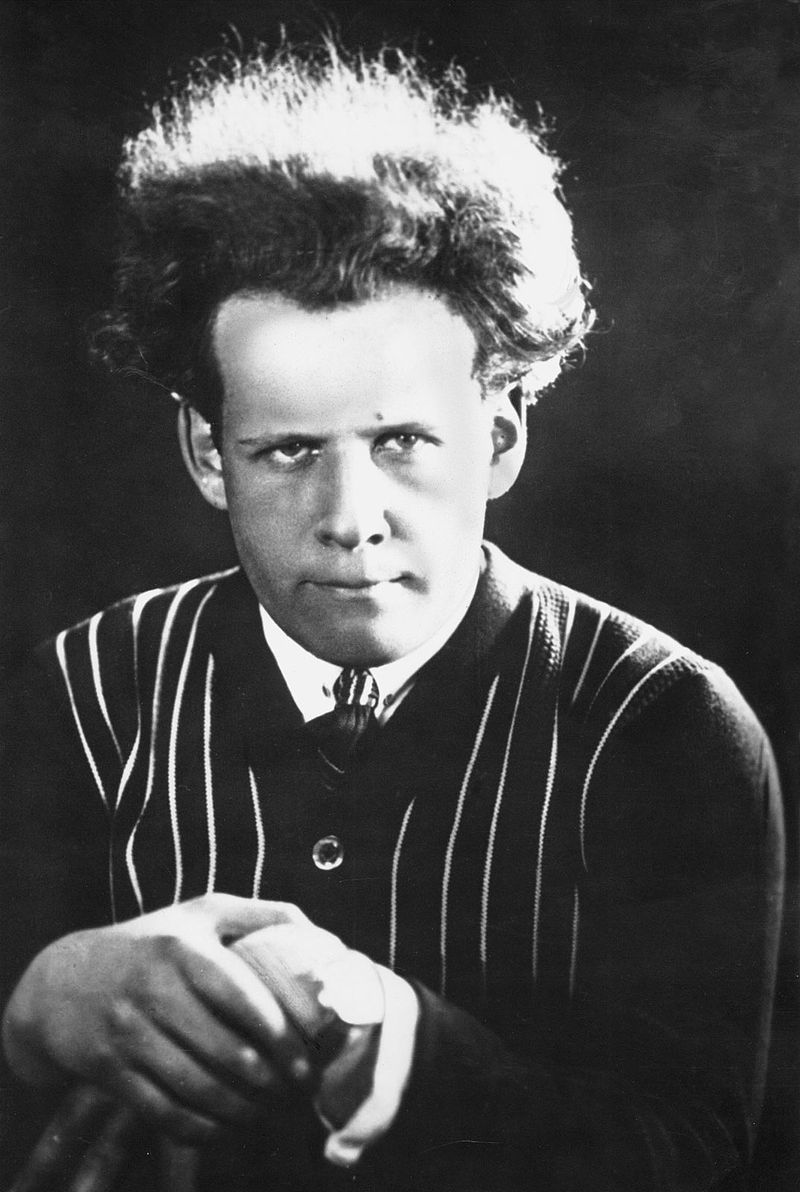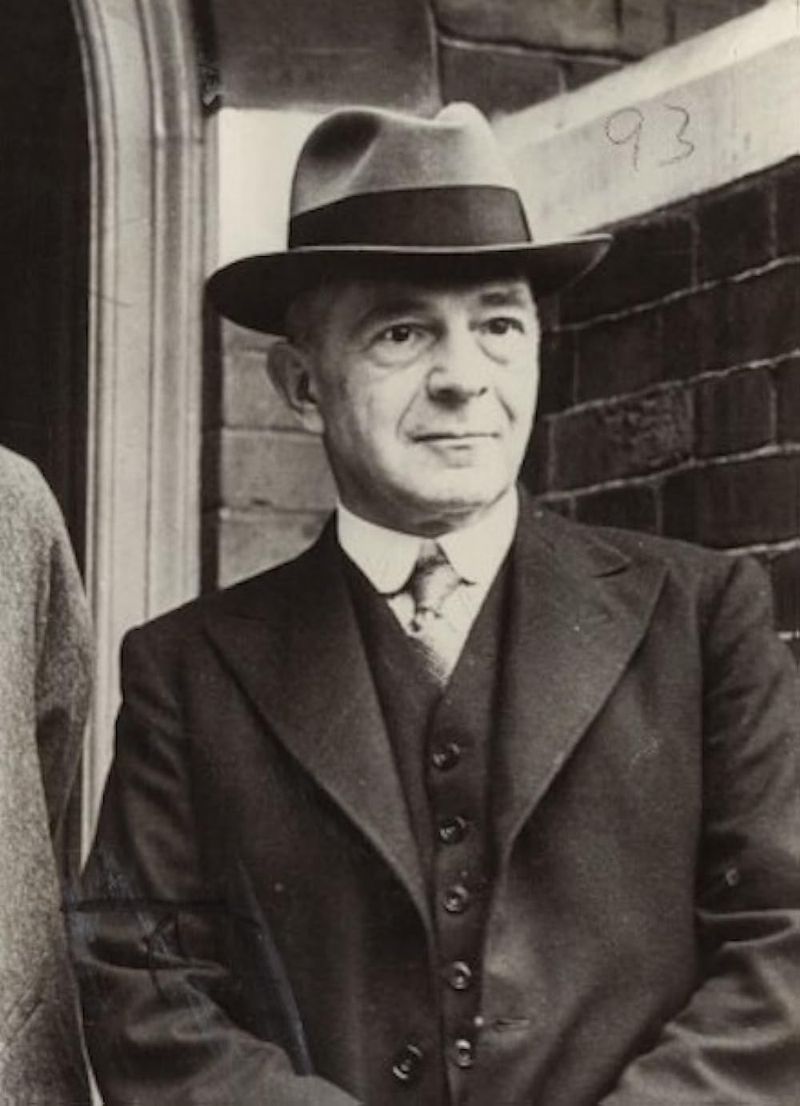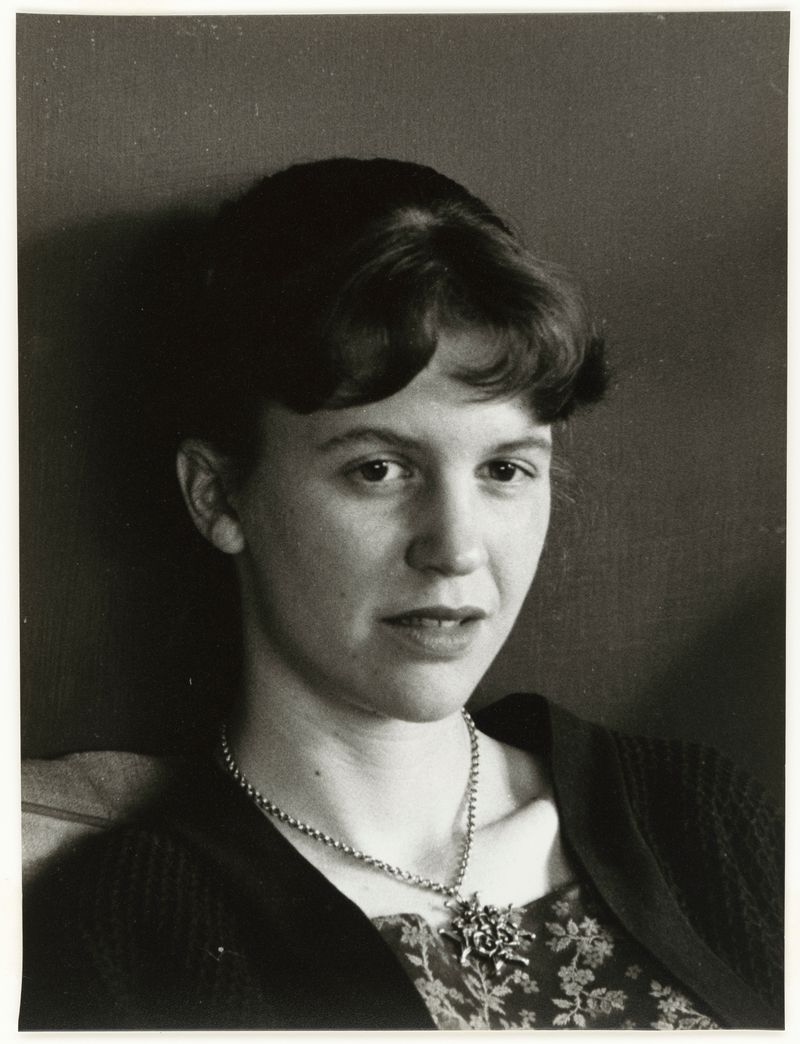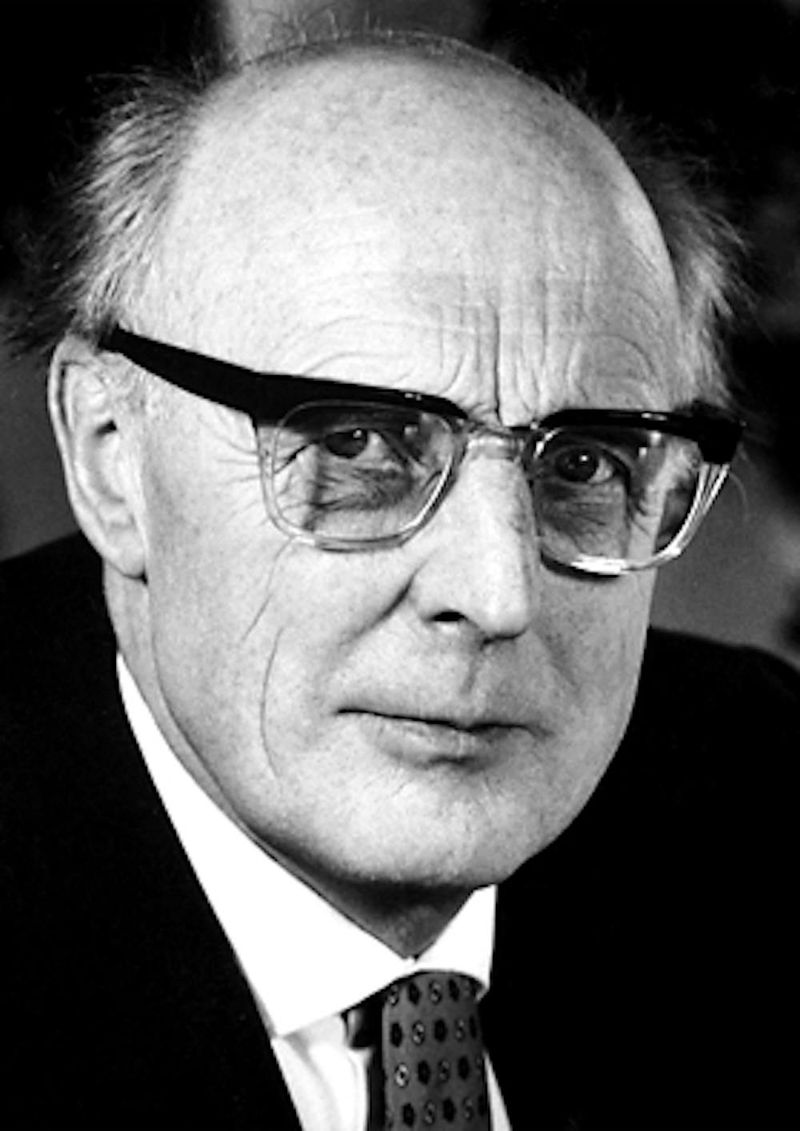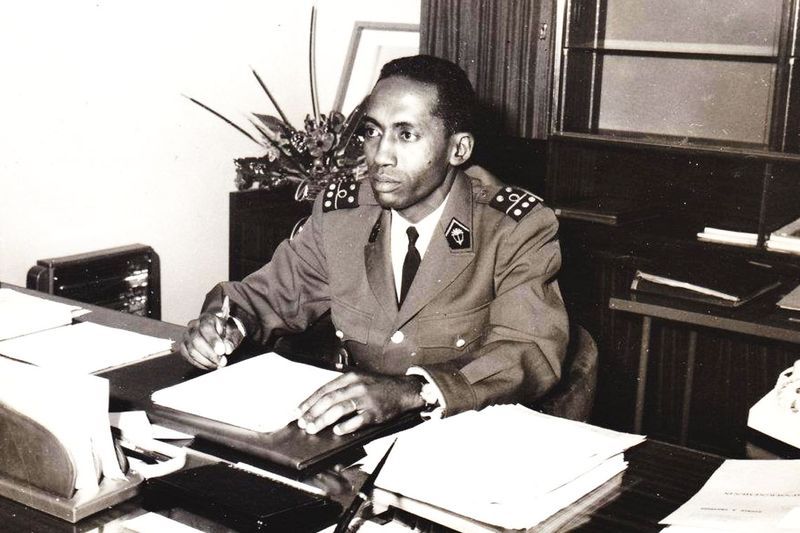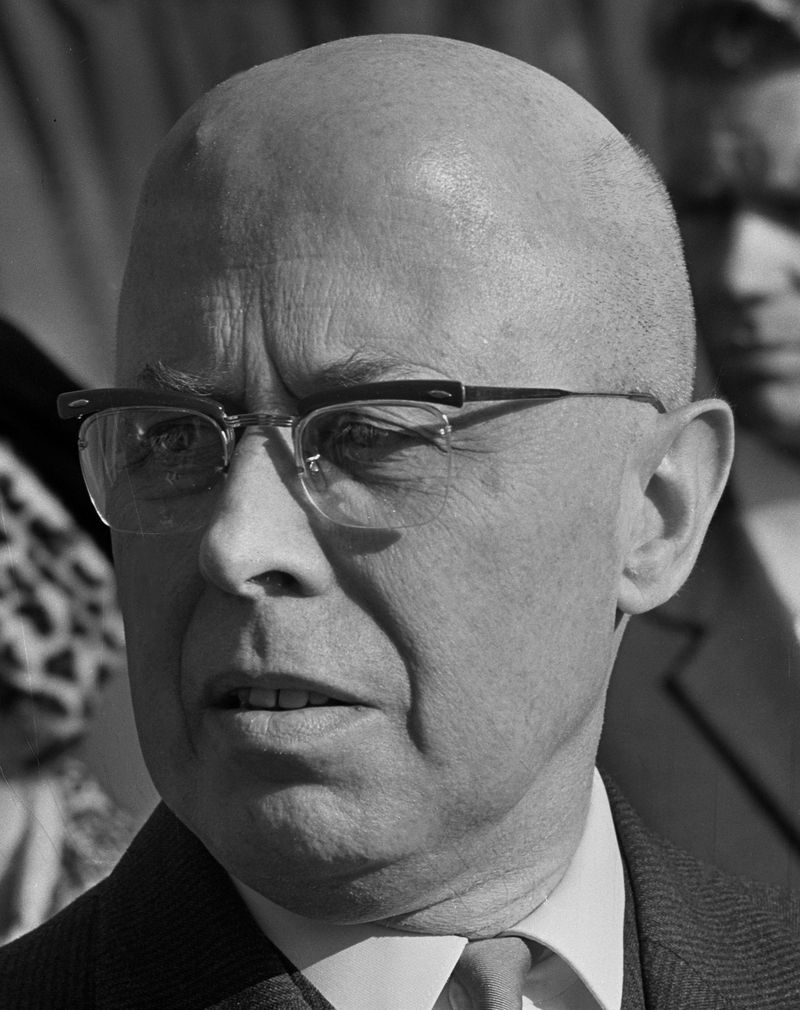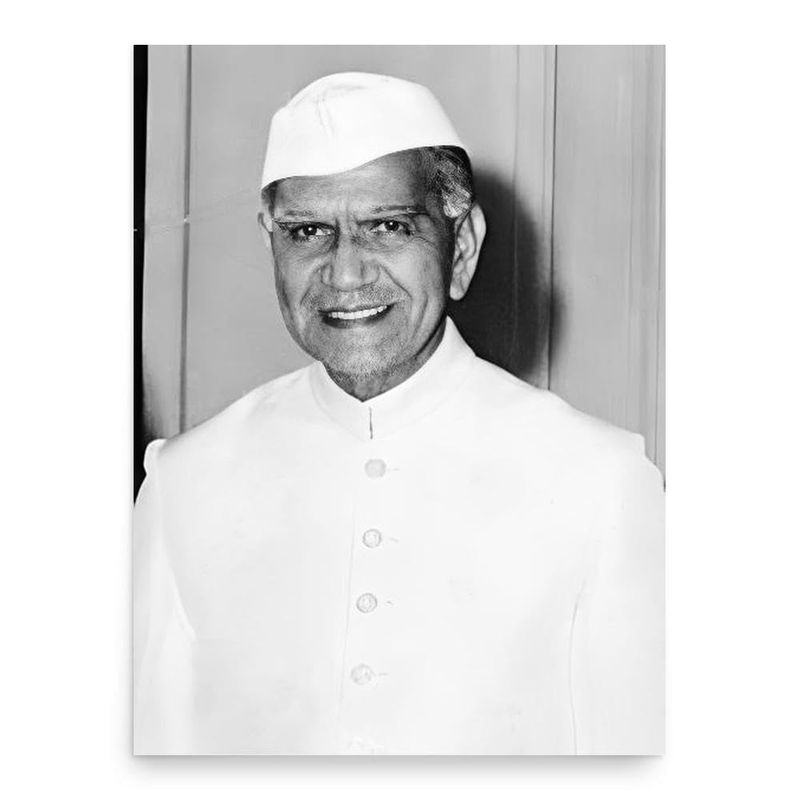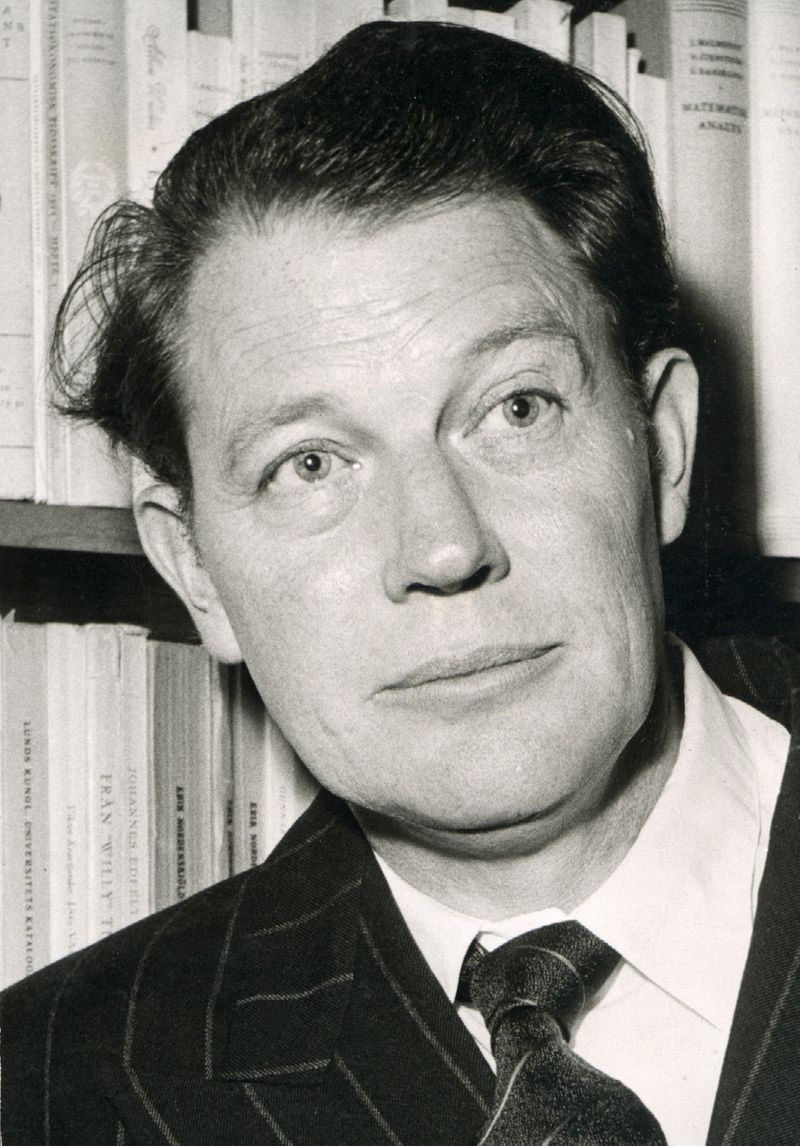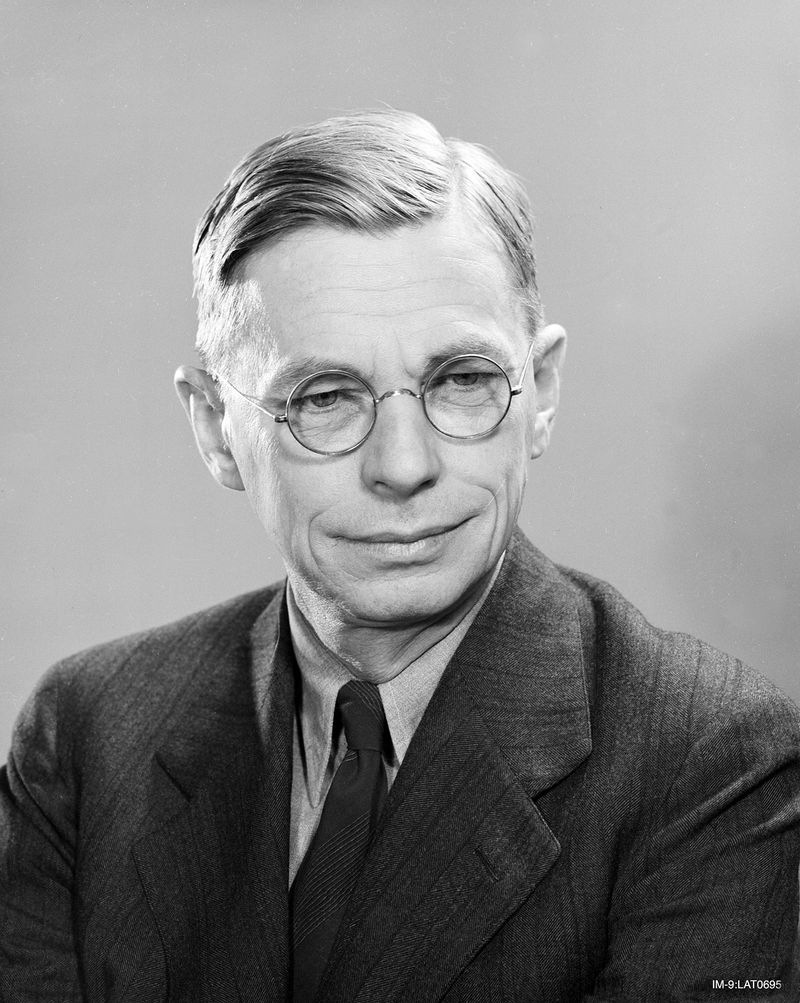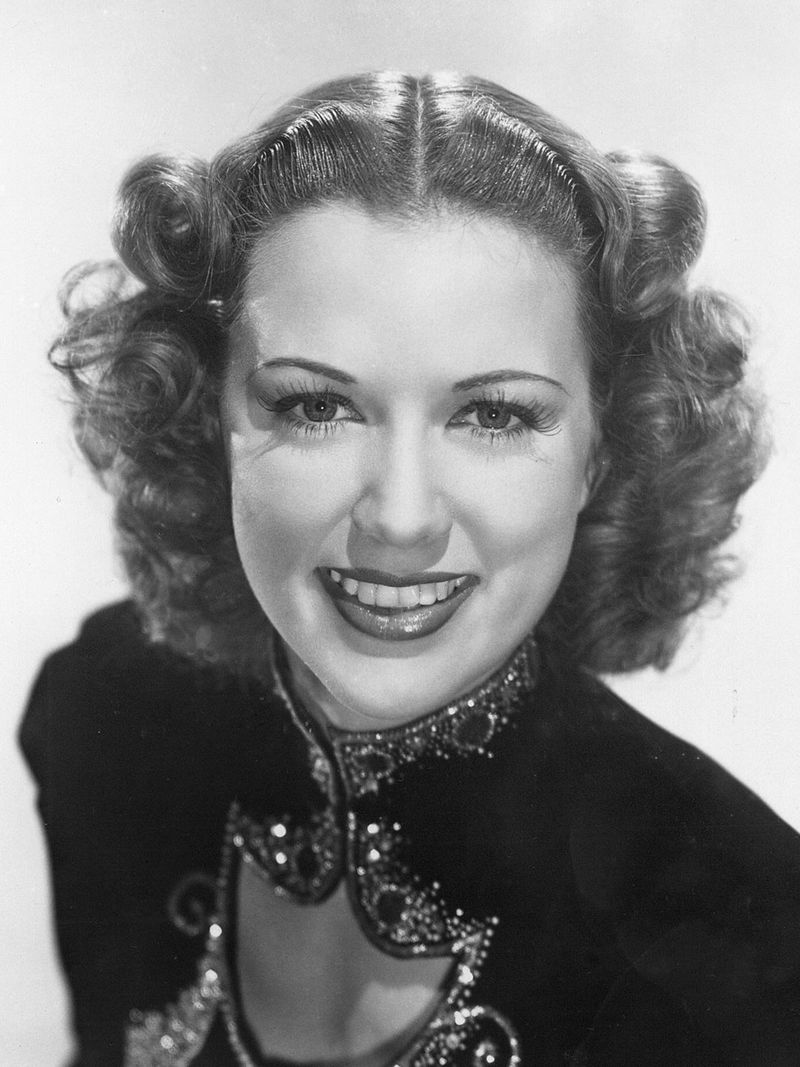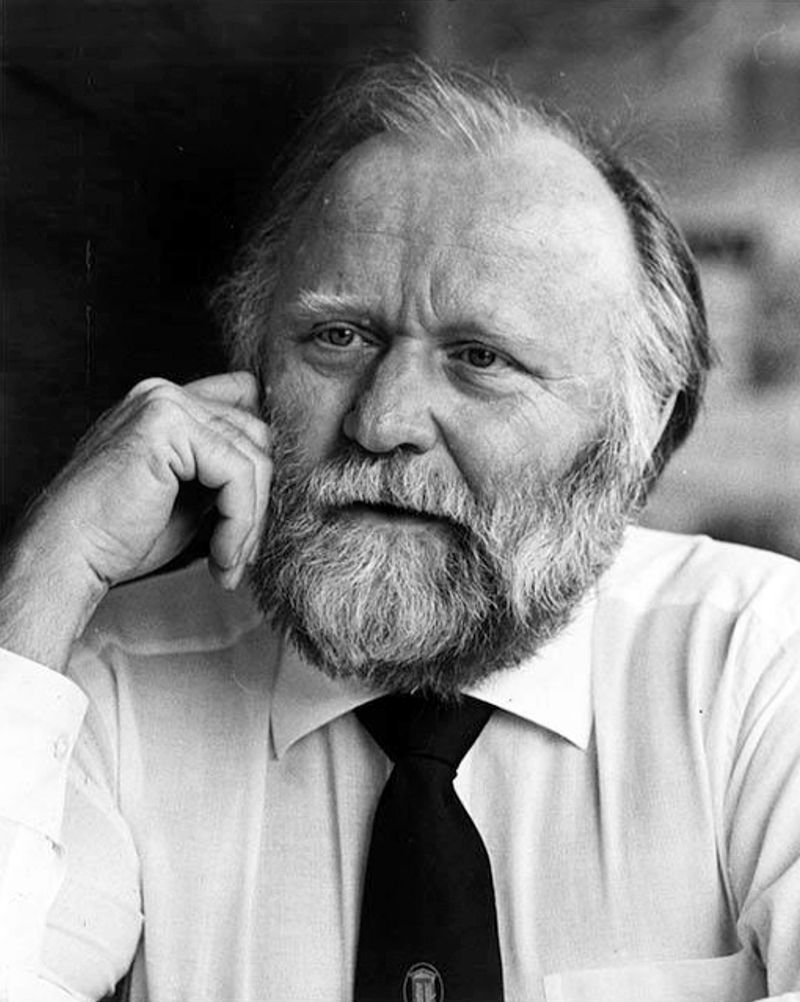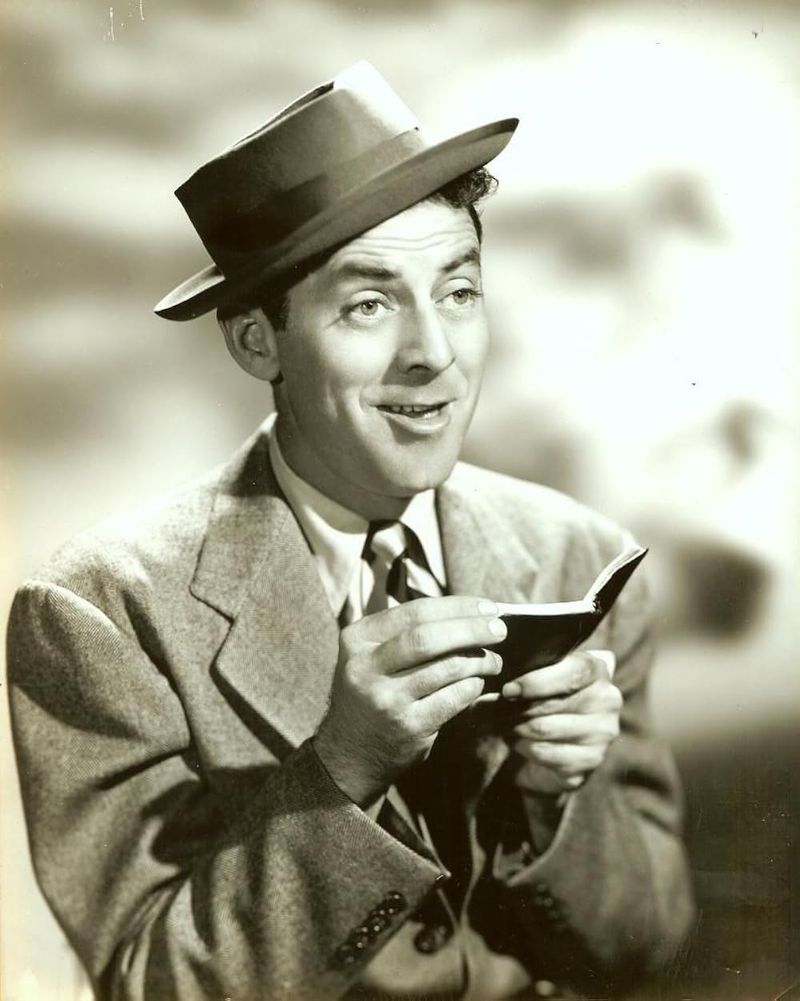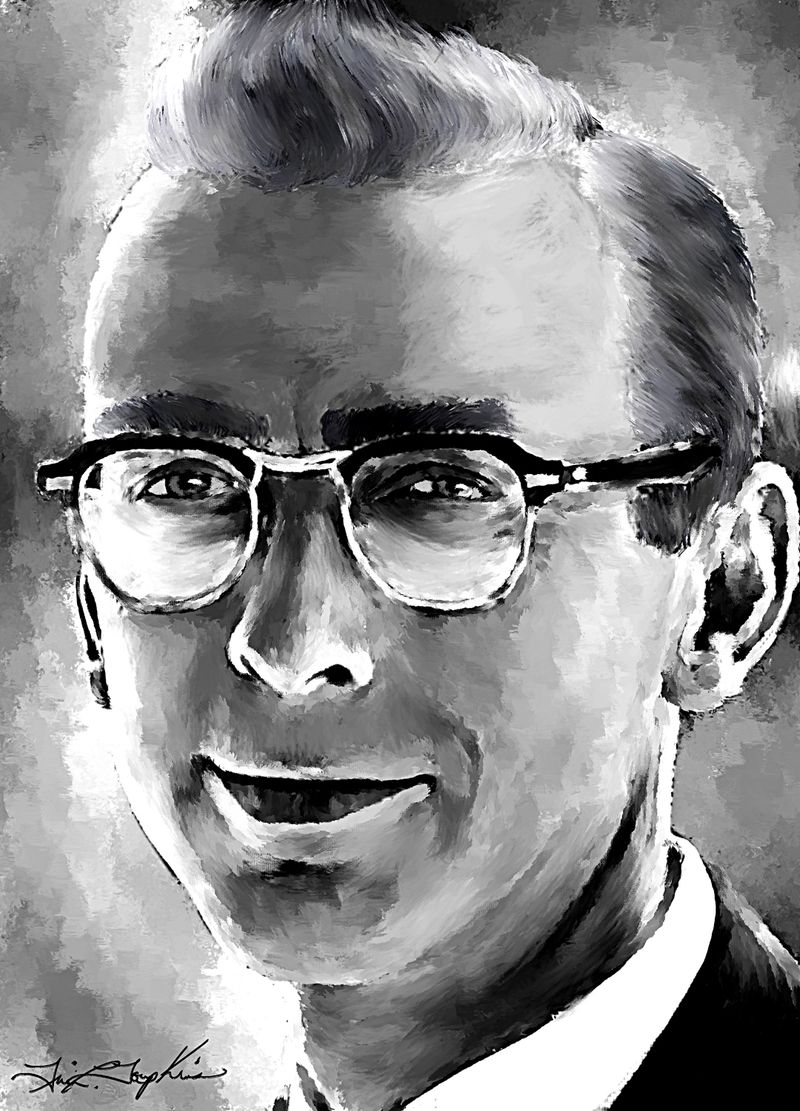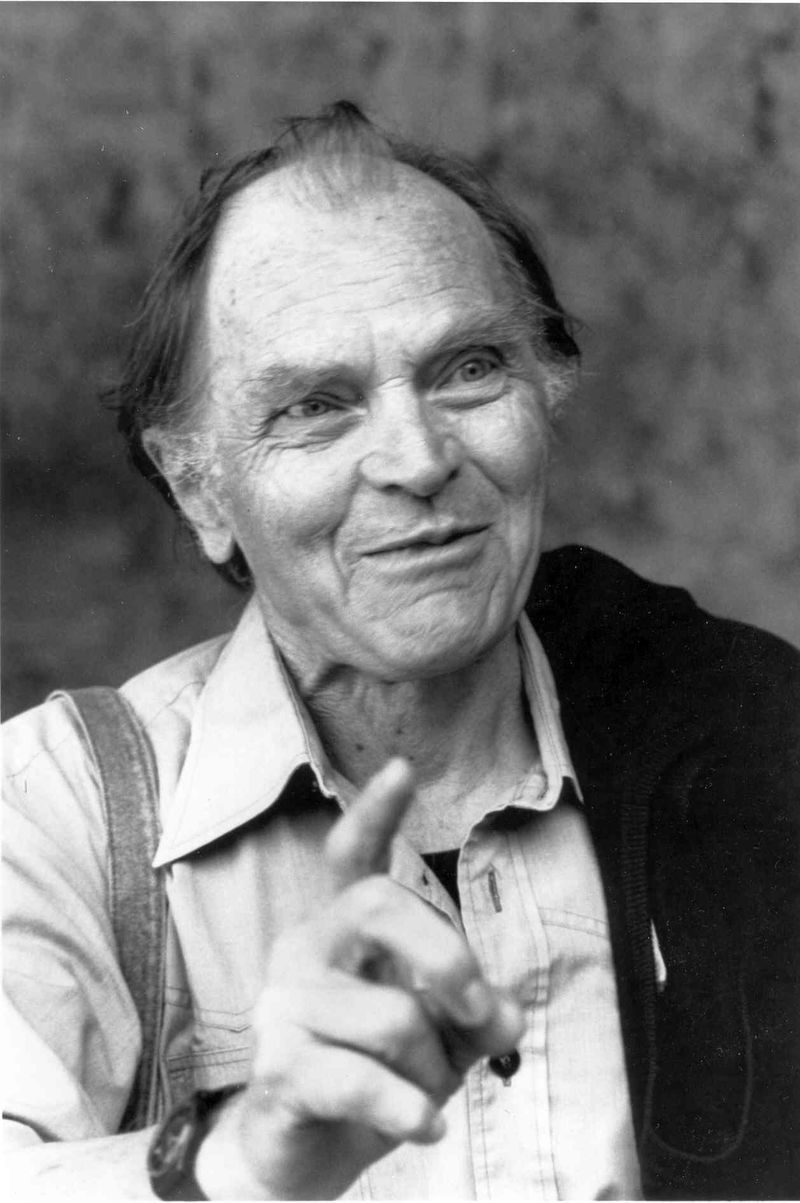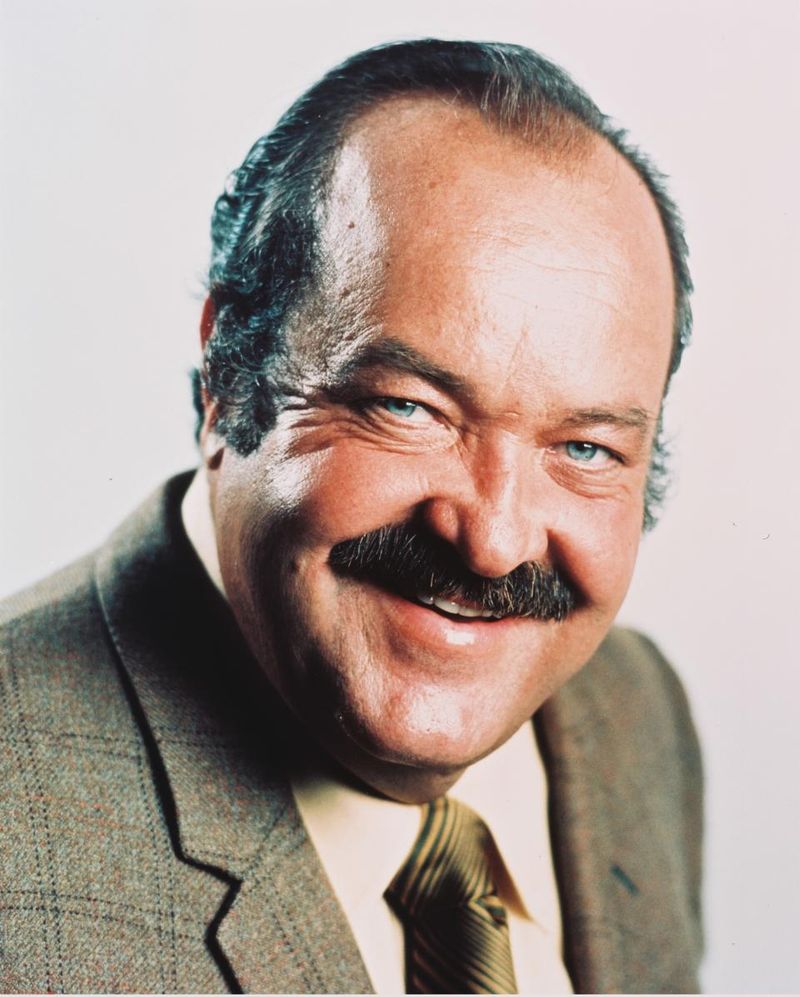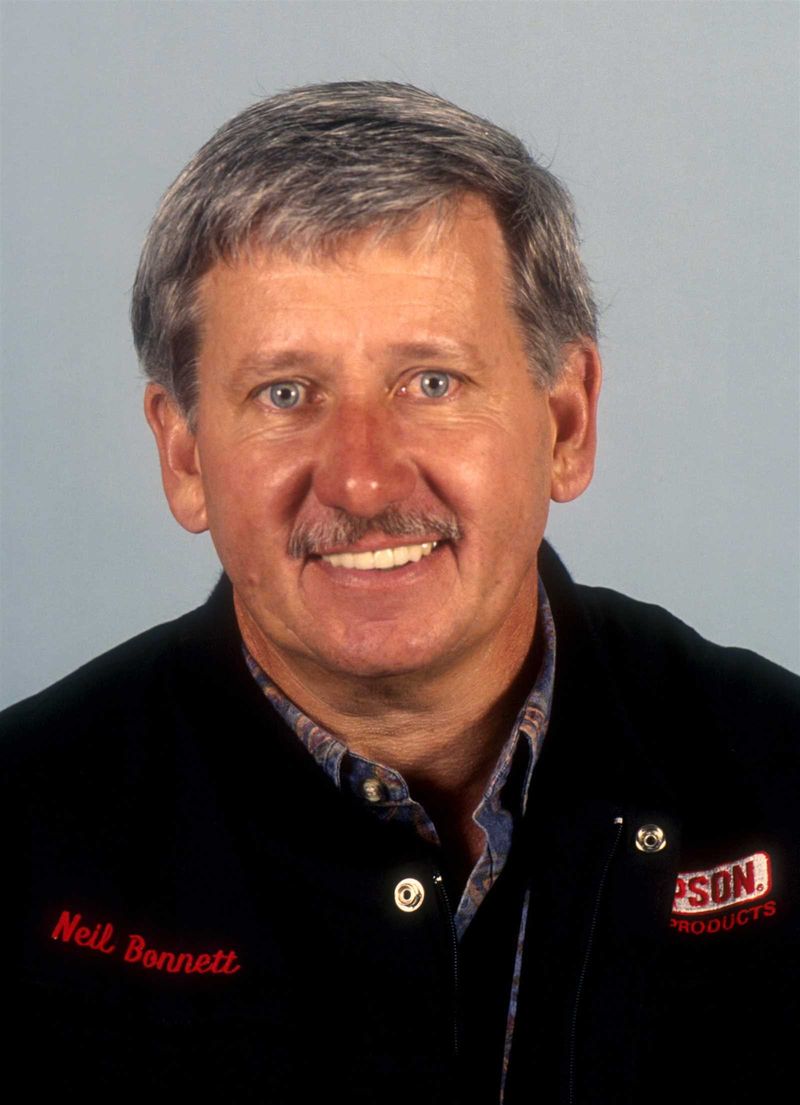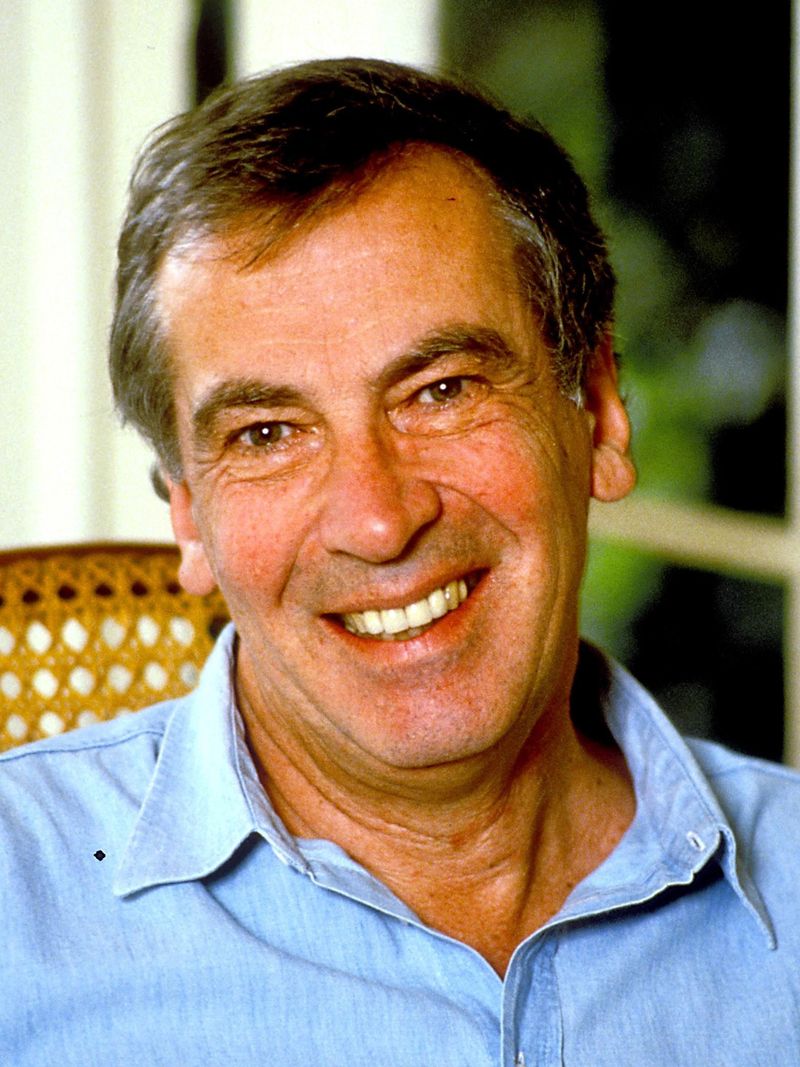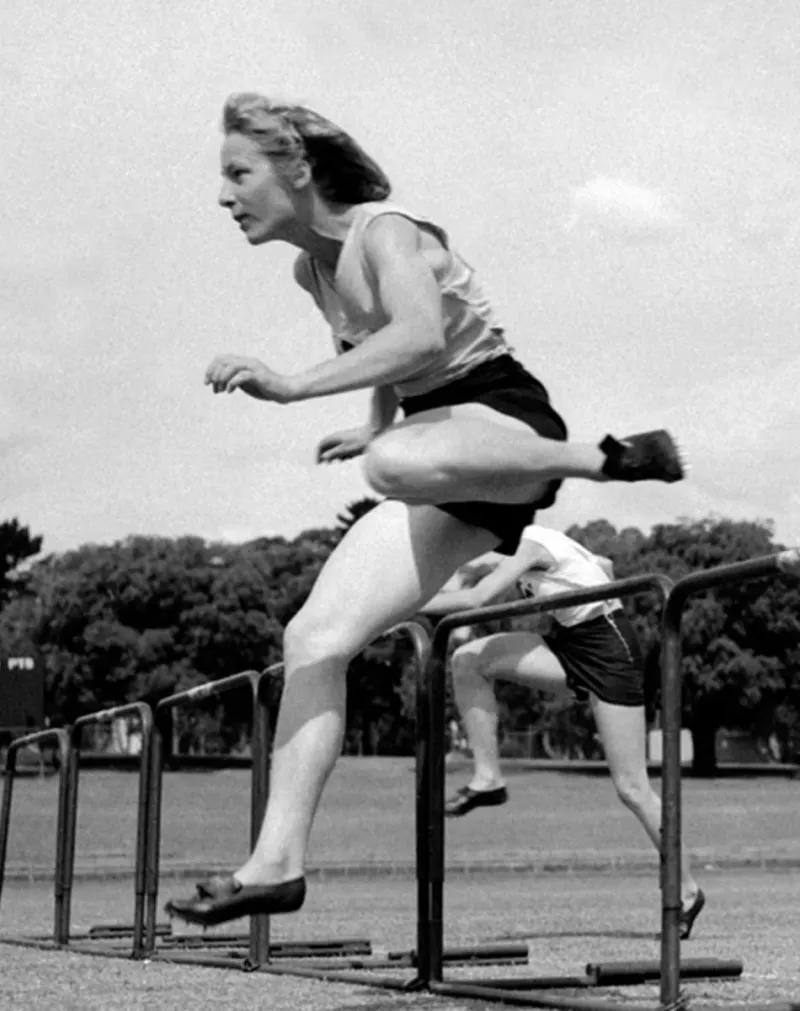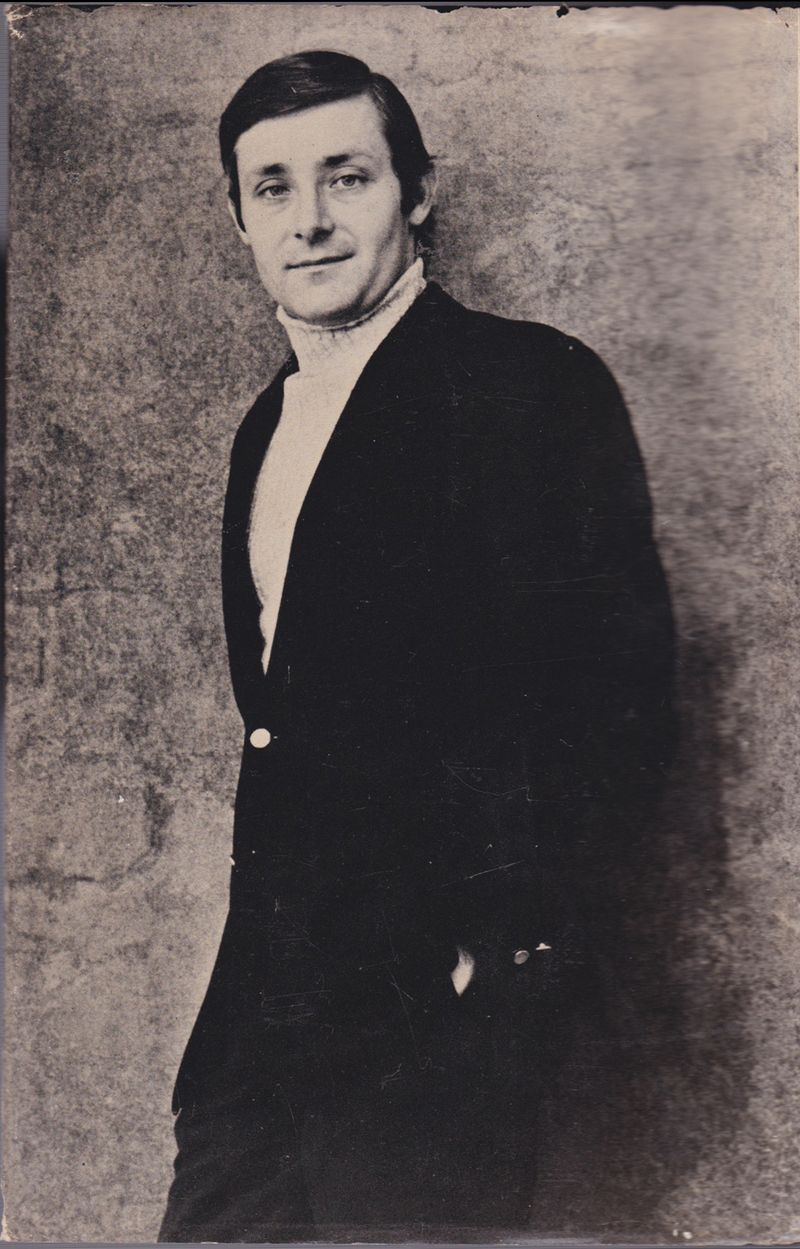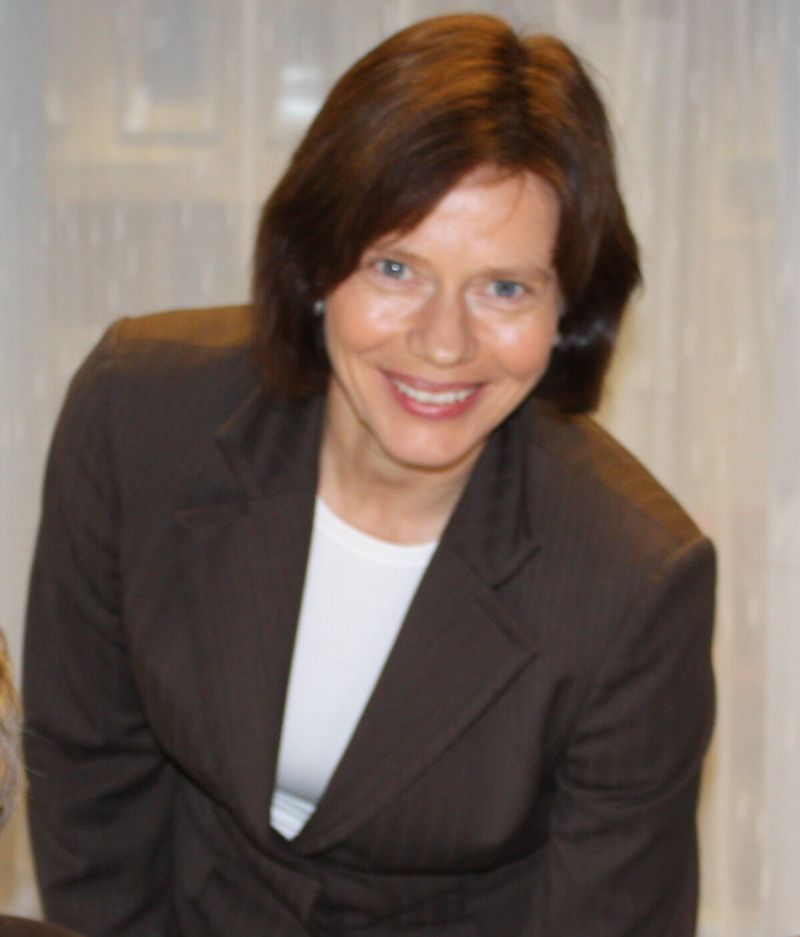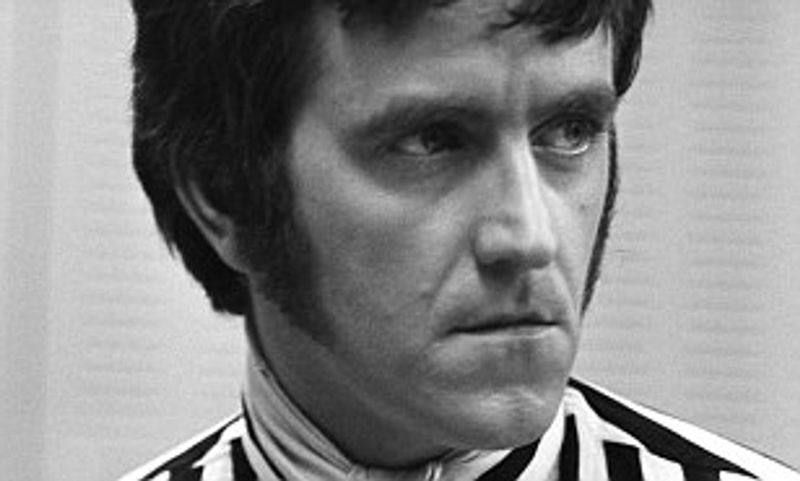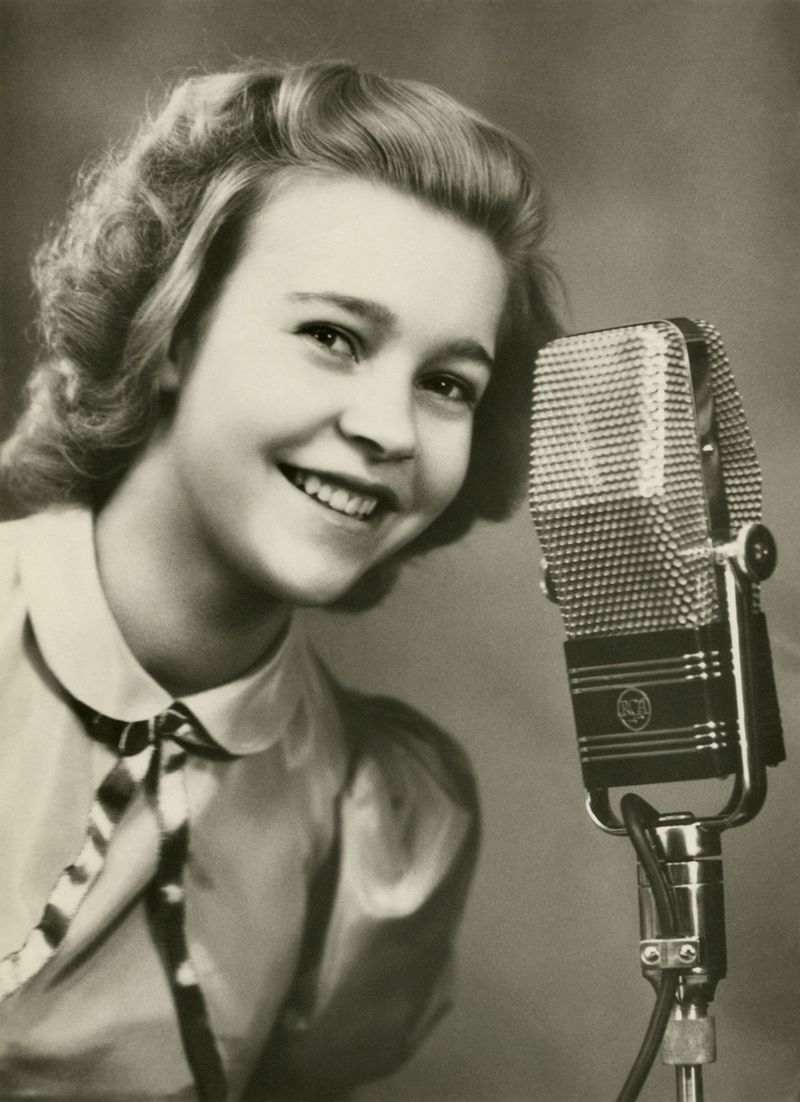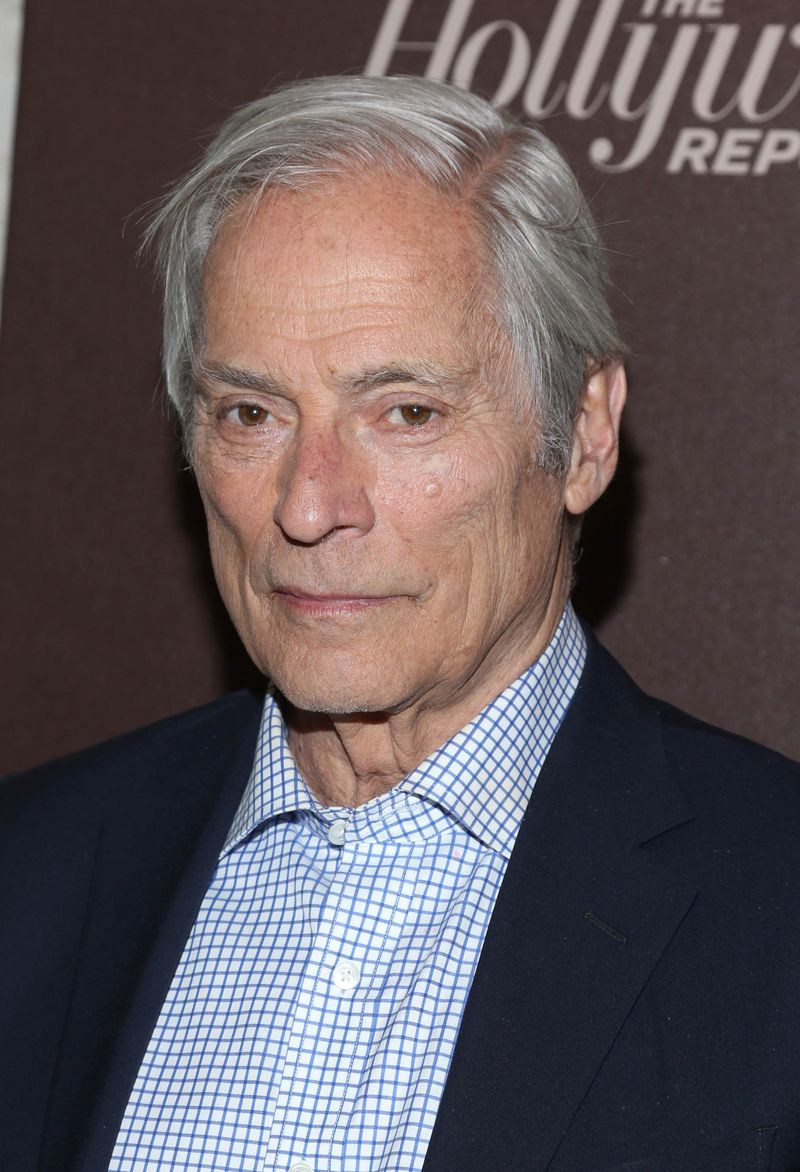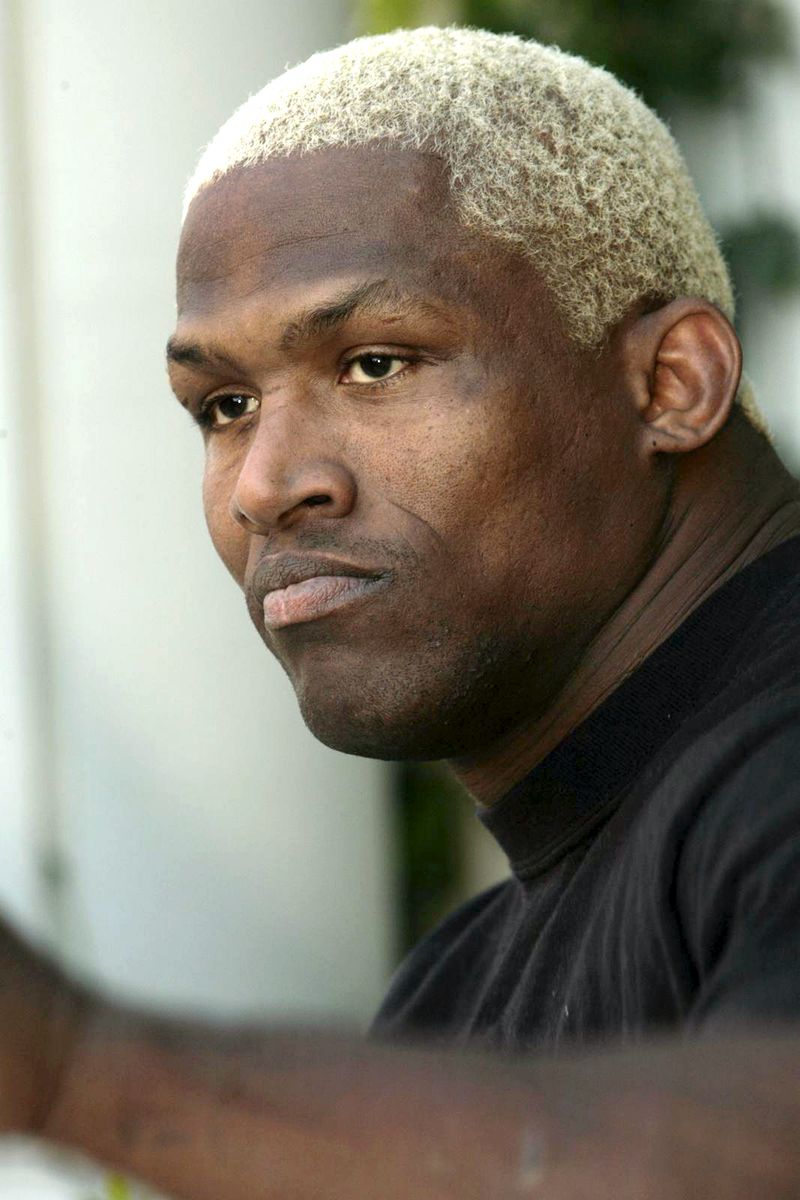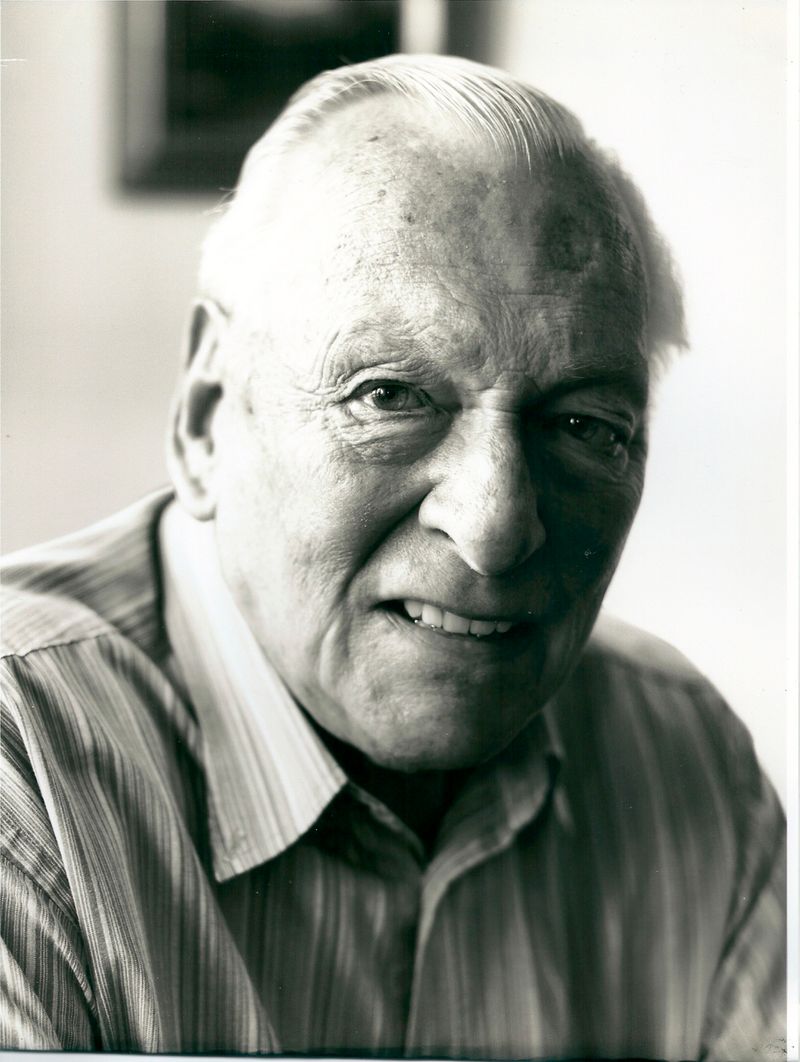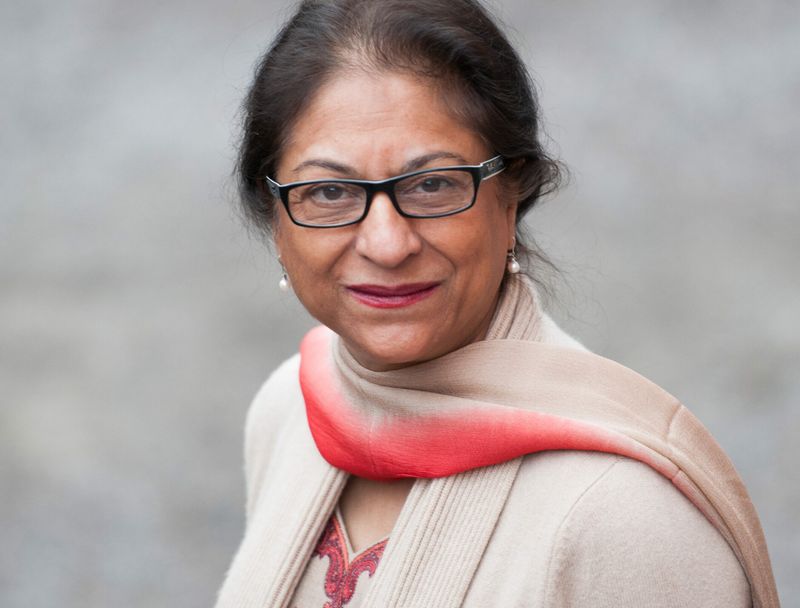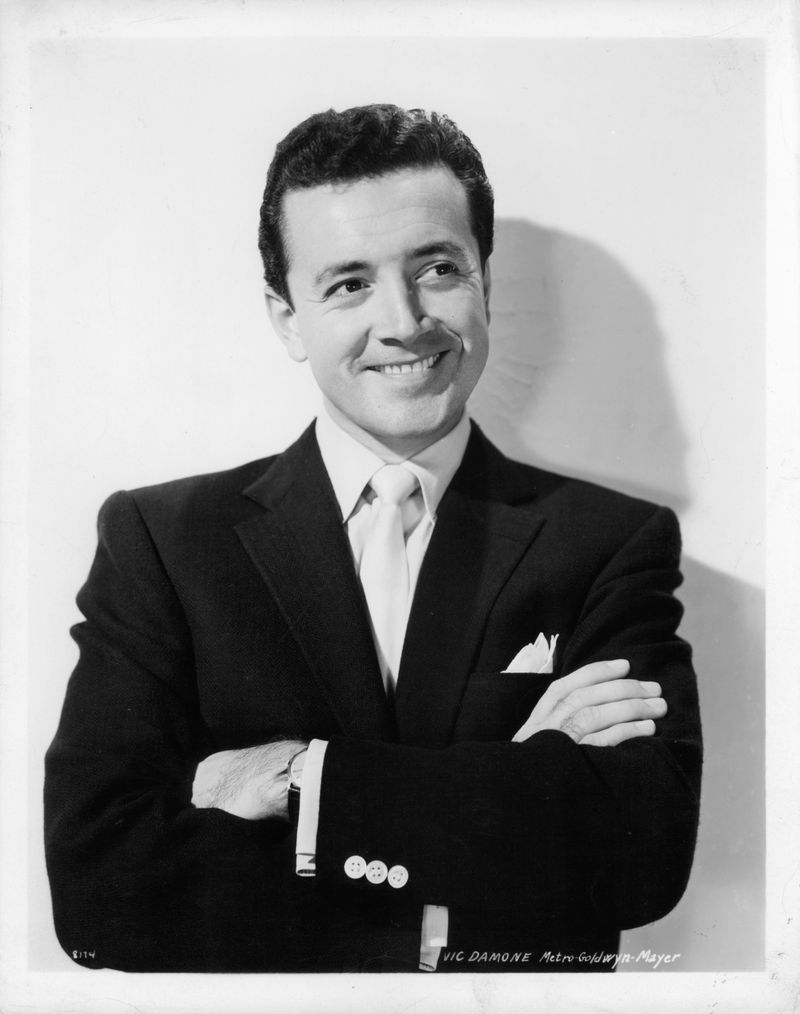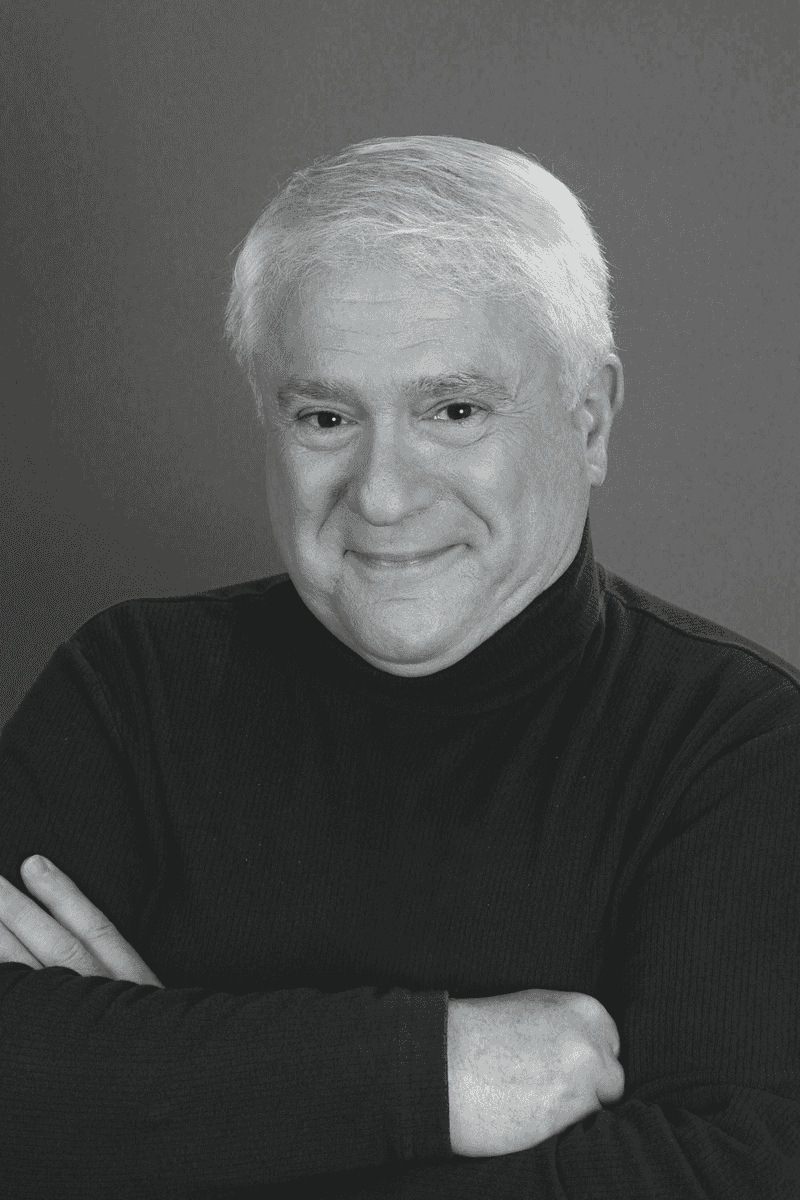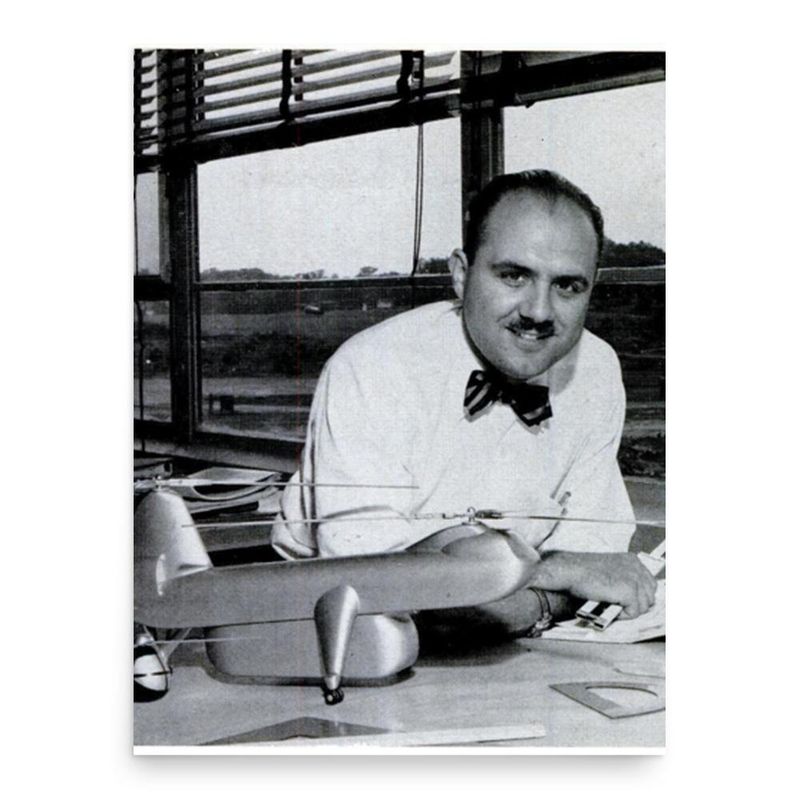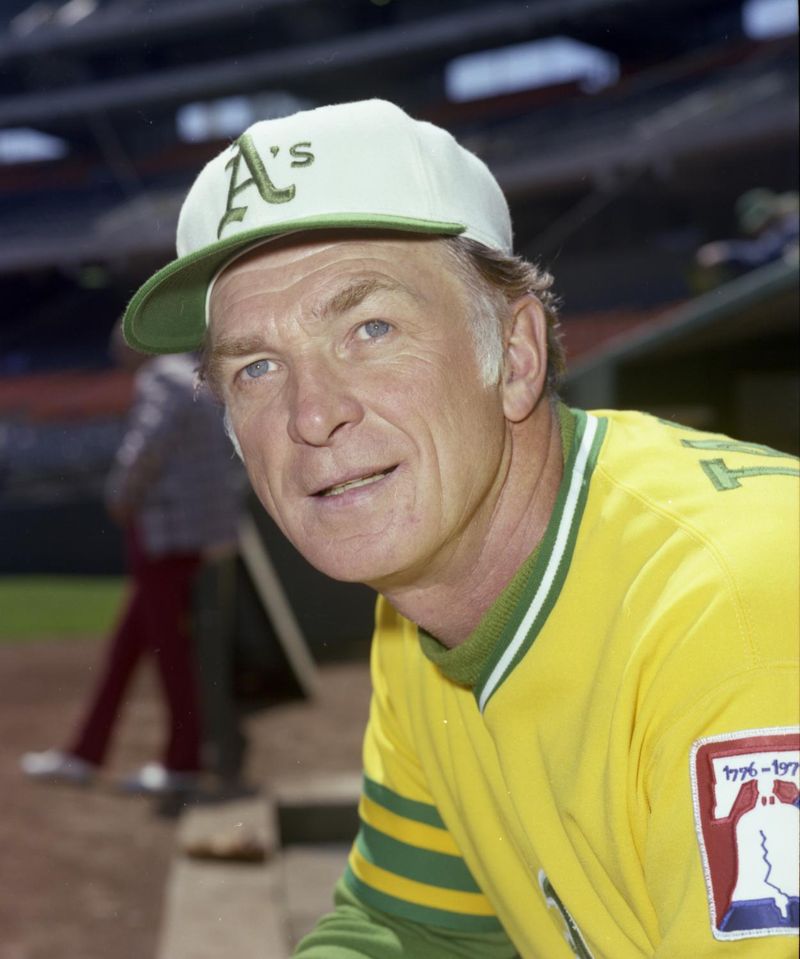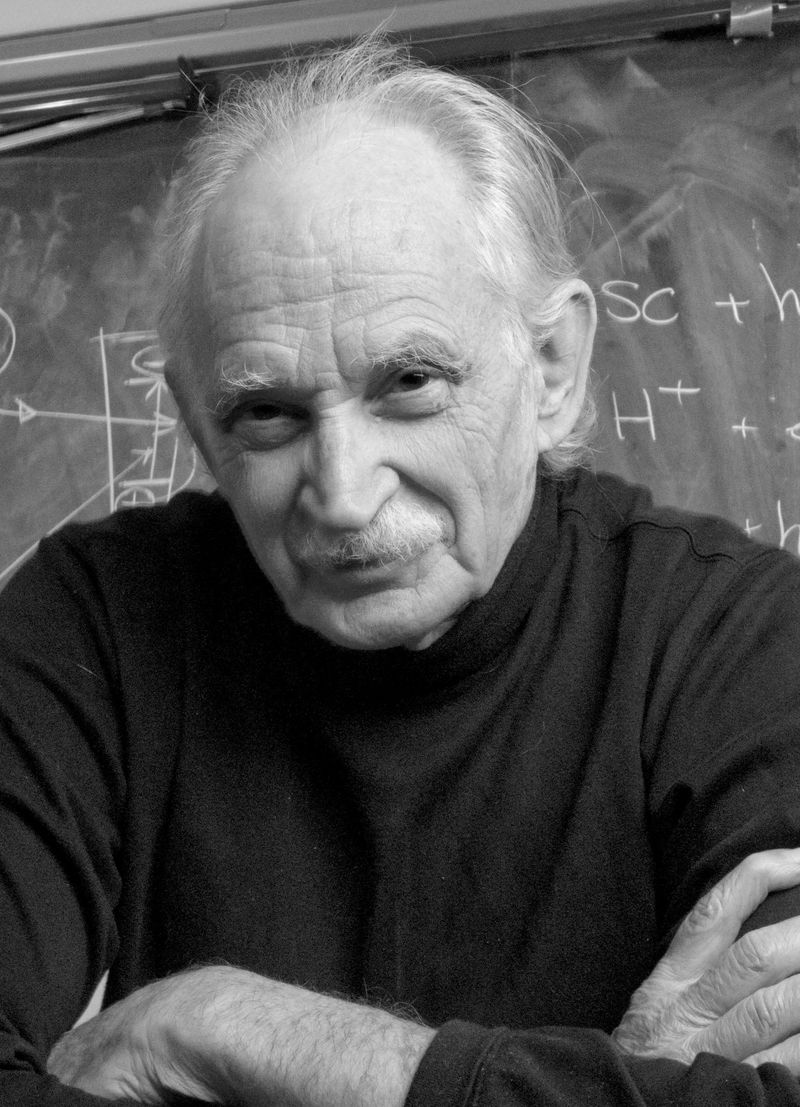Throughout history, February 11 has marked the passing of many influential figures from various fields and backgrounds. This blog post pays tribute to 46 such notable personalities, exploring their contributions and legacies.
With each individual’s unique story, the echoes of their lives continue to resonate across time, leaving a lasting impact on the world. Join us as we remember these remarkable figures who have shaped history and culture in profound ways.
1. René Descartes, French philosopher and mathematician (1650)
René Descartes, the 17th-century French philosopher and mathematician, is often hailed as the father of modern philosophy. Known for his statement, ‘I think, therefore I am,’ Descartes laid the groundwork for the rationalist approach that shaped the Enlightenment.
His contributions to mathematics are equally significant, with the Cartesian coordinate system bearing his name. Descartes’ dedication to questioning established norms forged a new path in scientific inquiry.
His legacy continues to influence contemporary thought and math. Descartes passed away on February 11, 1650, but his ideas remain timeless, inspiring generations of thinkers worldwide.
2. William Shenstone, English poet and gardener (1763)
William Shenstone, an 18th-century English poet and gardener, is celebrated for his pioneering work in landscape gardening. Shenstone transformed his estate, The Leasowes, into a pastoral landscape that inspired future garden designs.
His poetry, reflecting the beauty of nature and rural life, captured the imagination of many. Shenstone’s innovative garden aesthetics influenced notable figures like Capability Brown.
He was a leading figure in the transition from formal gardens to more natural designs. Shenstone’s work, both in poetry and gardening, left a lasting mark. He died on February 11, 1763, but his contributions endure in modern horticulture.
3. Carl Michael Bellman, Swedish poet and composer (1795)
Carl Michael Bellman was a renowned 18th-century Swedish poet and composer known for his vivid and lively songs. His works, particularly the ‘Fredman’s Epistles,’ depict the vibrant life of Stockholm’s taverns and streets.
Bellman’s ability to blend humor, music, and social commentary endeared him to audiences. His influence on Swedish music and literature remains profound, with his songs still performed today.
Bellman had a unique talent for capturing the essence of his time. He passed away on February 11, 1795, but his cultural legacy continues to be celebrated across Sweden and beyond.
4. Alexander Griboyedov, Russian poet, playwright, and composer (1829)
Alexander Griboyedov was a Russian poet, playwright, and composer known for his satirical work ‘Woe from Wit.’ His play, which critiqued the social norms of 19th-century Russia, became a classic of Russian literature.
Griboyedov’s diplomatic career took him to Persia, where he played a significant role in negotiations. Tragically, his life was cut short during a diplomatic mission in Tehran.
Despite his brief life, Griboyedov’s contributions to Russian culture are enduring. He died on February 11, 1829, but his work continues to be studied and admired for its wit and insight into Russian society.
5. Léon Foucault, French physicist, inventor of the Foucault pendulum (1868)
Léon Foucault, a 19th-century French physicist, is best known for inventing the Foucault pendulum, which demonstrated the Earth’s rotation.
His innovative experiments provided visual proof of the planet’s movement, challenging conventional scientific understanding. Foucault also made significant contributions to the study of light speed and the gyroscope.
His work in physics laid the foundation for future explorations in the field. Foucault’s dedication to experimentation and discovery cemented his place among great scientists.
He passed away on February 11, 1868, but his legacy in demonstrating Earth’s dynamics lives on, inspiring future generations of physicists.
6. Milan I of Serbia, King of Serbia (1901)
Milan I of Serbia reigned as king during a transformative period in the late 19th century. His leadership witnessed Serbia’s transition from a principality to a kingdom, reflecting his ambition to modernize the nation.
Despite facing political challenges and internal strife, King Milan’s efforts in diplomacy and military reform were notable. His reign saw the Treaty of Berlin and the expansion of Serbian territories.
Milan’s abdication in favor of his son marked the end of an era. He passed away on February 11, 1901, leaving a complex legacy of modernization and political strife in Serbia.
7. Oswaldo Cruz, Brazilian physician and epidemiologist (1917)
Oswaldo Cruz was a pioneering Brazilian physician and epidemiologist who played a crucial role in controlling epidemics in Brazil. His efforts in combating yellow fever, smallpox, and bubonic plague through mass vaccination campaigns revolutionized public health in the country.
Cruz founded the Oswaldo Cruz Institute, which became a leading center for biomedical research. His initiatives faced public resistance but ultimately led to improved health outcomes.
Cruz’s work laid the groundwork for modern epidemiology in Brazil. He passed away on February 11, 1917, but his legacy in public health and disease prevention continues to be honored in Brazil and beyond.
8. Alexey Kaledin, Russian general (1918)
Alexey Kaledin was a Russian general, known for his leadership during the tumultuous years of the Russian Civil War. As a commander of the Don Cossacks, Kaledin played a crucial role in the anti-Bolshevik movement.
His dedication to the Cossack cause and opposition to the Red Army marked him as a key figure in the White Army. Despite initial successes, his forces faced overwhelming challenges.
Kaledin’s sense of duty and loyalty to his troops was evident until his tragic end. He died on February 11, 1918, and is remembered for his steadfast commitment to his principles during a time of upheaval.
9. John Buchan, Scottish-Canadian historian and politician, Governor General of Canada (1940)
John Buchan was a Scottish-Canadian historian, novelist, and politician who served as the Governor General of Canada. He is best known for his adventure novel ‘The Thirty-Nine Steps,’ which became a classic of the spy genre.
Buchan’s tenure as Governor General was marked by efforts to promote Canadian culture and unity. His diplomatic skills and literary achievements earned him respect both in Canada and abroad.
Buchan’s legacy as a writer and public servant continues to inspire. He died on February 11, 1940, but his contributions to literature and his role in fostering Canadian identity remain influential.
10. Sergei Eisenstein, Russian film director and screenwriter (1948
Sergei Eisenstein was an innovative Russian film director and screenwriter renowned for his pioneering work in cinematic techniques. His films, such as ‘Battleship Potemkin’ and ‘Ivan the Terrible,’ showcased his mastery of montage and visual storytelling.
Eisenstein’s visionary approach to cinema influenced generations of filmmakers, making him a pivotal figure in film history. His ability to evoke powerful emotions through visual artistry remains unmatched.
Eisenstein’s impact on the film industry continues to resonate. He passed away on February 11, 1948, but his legacy as a cinematic trailblazer endures, inspiring directors and storytellers around the world.
11. Ernest Jones, Welsh neurologist and psychoanalyst, biographer of Freud (1958)
Ernest Jones was a Welsh neurologist and psychoanalyst, best known as the biographer of Sigmund Freud. His dedication to advancing psychoanalysis made him a key figure in the field, bringing Freud’s theories to English-speaking audiences.
Jones founded the International Journal of Psychoanalysis, fostering academic discussion and exploration. His comprehensive biography of Freud remains a seminal work, offering insights into the life and mind of the famed psychologist.
Jones’ influence in psychoanalytic circles was profound. He passed away on February 11, 1958, but his contributions to psychology and his role in promoting psychoanalytic thought are still revered.
12. Sylvia Plath, American poet, novelist, and short story writer (1963)
Sylvia Plath, an American poet, novelist, and short story writer, is celebrated for her confessional style and profound exploration of mental health. Her poetry collection, ‘Ariel,’ and novel, ‘The Bell Jar,’ reveal her raw emotional depth and literary prowess.
Plath’s ability to convey complex emotions with striking imagery earned her a lasting place in literary history. Her work, often reflecting personal struggles, has resonated with readers worldwide.
Plath’s influence extends to contemporary poetry and feminist literature. She passed away on February 11, 1963, but her voice continues to inspire and challenge, leaving an indelible mark on literature.
13. J. Hans D. Jensen, German physicist and Nobel Prize laureate (1973)
J. Hans D. Jensen was a German physicist who co-received the Nobel Prize for Physics for his work on the nuclear shell model. His research significantly advanced the understanding of atomic structure.
Jensen’s collaboration with Maria Goeppert Mayer led to groundbreaking discoveries in nuclear physics. His contributions to the field fostered further exploration and experimentation.
Jensen’s dedication to scientific inquiry and education inspired many aspiring physicists.
He passed away on February 11, 1973, but his legacy in nuclear physics and his impact on the scientific community continue to be celebrated, influencing generations of researchers.
14. Richard Ratsimandrava, Malagasy colonel and politician, President of Madagascar (1975)
Richard Ratsimandrava was a Malagasy colonel and politician who briefly served as the President of Madagascar. His commitment to national unity and development marked his short tenure.
Ratsimandrava’s policies aimed to address social and economic disparities within Madagascar. Despite his efforts, political instability challenged his administration. His assassination just days into his presidency shocked the nation.
Ratsimandrava’s vision for Madagascar’s progress remains influential in the country’s political discourse.
He passed away on February 11, 1975, but his dedication to Madagascar’s future and his role in shaping its political landscape are still remembered by the Malagasy people.
15. Louis Beel, Dutch Prime Minister (1977)
Louis Beel was a prominent Dutch politician who served as Prime Minister of the Netherlands during two separate terms. His leadership helped guide the nation through post-World War II reconstruction.
Beel’s policies focused on economic recovery and social welfare, contributing to the stabilization of Dutch society. His diplomatic skills and commitment to European cooperation were evident in his work.
Beel’s influence extended to shaping Dutch political thought and governance. He passed away on February 11, 1977, leaving a legacy of resilience and progress.
His contributions to the Netherlands’ recovery and growth remain appreciated by future generations.
16. Fakhruddin Ali Ahmed, Indian lawyer and politician, 5th President of India (1977)
Fakhruddin Ali Ahmed was the 5th President of India, known for his dedication to public service and legal expertise. His presidency witnessed key events, including the Emergency period declared by Prime Minister Indira Gandhi.
Ahmed’s commitment to democracy and social justice was reflected in his policies. Despite political challenges, he remained steadfast in promoting national unity. His legal acumen and diplomatic skills earned him respect both domestically and internationally.
Ahmed passed away on February 11, 1977, leaving a legacy of integrity and dedication to India’s progress. His contributions to Indian politics and governance continue to be honored.
17. Harry Martinson, Swedish novelist, essayist, Nobel Prize laureate (1978)
Harry Martinson was a Swedish novelist and essayist, awarded the Nobel Prize in Literature for his lyrical writing and deep exploration of human existence. His works, such as ‘Aniara,’ reflect his philosophical inquiries and connection to nature.
Martinson’s ability to blend poetic language with existential themes captured readers’ imaginations. His influence on Swedish literature and cultural thought was significant. Martinson’s exploration of nature and humanity continues to resonate.
He passed away on February 11, 1978, but his literary contributions and his reflections on the human condition remain celebrated, inspiring both writers and readers alike.
18. James Bryant Conant, American chemist and diplomat (1978)
James Bryant Conant was an American chemist, educator, and diplomat known for his contributions to chemistry and his role in shaping U.S. education policy. As President of Harvard University, Conant advocated for educational reforms and excellence in scientific research.
His work in chemistry, particularly during World War II, played a crucial role in the development of synthetic rubber. Conant’s influence extended to public service, where he served as U.S. High Commissioner for Germany.
He passed away on February 11, 1978, leaving a legacy of innovation and leadership in education and science that continues to inspire future generations.
19. Eleanor Powell, American actress and dancer (1982)
Eleanor Powell was an American actress and dancer renowned for her exceptional tap dancing skills and charisma on screen. Known as the ‘Queen of Tap Dancing,’ Powell’s performances in MGM musicals captivated audiences with their energy and precision.
Her talent and elegance set a high standard in dance choreography. Powell’s impact on the entertainment industry and her ability to inspire future dancers remain significant.
Her legacy as a pioneering female dancer in Hollywood continues to be celebrated. Powell passed away on February 11, 1982, but her influence on dance and her iconic performances endure in the world of entertainment.
20. Frank Herbert, American science-fiction author, wrote Dune (1986)
Frank Herbert was an American science-fiction author best known for his groundbreaking novel ‘Dune,’ which became one of the best-selling science fiction novels of all time.
His intricate world-building and exploration of complex themes such as politics, religion, and ecology captivated readers and critics alike. Herbert’s ability to create immersive and thought-provoking narratives set a new standard in science fiction literature.
His influence on the genre and popular culture is profound. Herbert passed away on February 11, 1986, but his legacy continues to inspire writers and fans, with ‘Dune’ remaining a cornerstone of science fiction.
21. George O’Hanlon, American actor, voice of George Jetson (1989)
George O’Hanlon was an American actor and voice artist, best remembered as the voice of George Jetson in the iconic animated series ‘The Jetsons.’
His work in animation brought to life one of television’s most beloved characters, charming audiences with humor and wit. O’Hanlon’s acting career spanned several decades, contributing to both film and television.
His unique voice and comedic timing made him a favorite among fans. O’Hanlon passed away on February 11, 1989, but his legacy in the world of animation endures, with George Jetson continuing to entertain new generations of viewers worldwide.
22. Robert W. Holley, American biochemist, Nobel Prize laureate (1993)
Robert W. Holley was an American biochemist who received the Nobel Prize in Physiology or Medicine for his work on the structure of transfer RNA (tRNA). His research provided critical insights into the molecular mechanisms of protein synthesis.
Holley’s contributions to genetics and molecular biology have been foundational to the field. His dedication to scientific discovery and collaboration with fellow researchers advanced the understanding of genetic code.
Holley’s influence on modern biology and biochemistry is profound. He passed away on February 11, 1993, but his work continues to drive innovation and exploration in genetic research.
23. Paul Feyerabend, Austrian-Swiss philosopher and academic (1994)
Paul Feyerabend was an Austrian-Swiss philosopher known for his controversial and influential ideas in the philosophy of science.
His book, ‘Against Method,’ challenged conventional scientific methodologies and advocated for a more pluralistic approach to knowledge. Feyerabend’s work sparked debate and discussion, influencing thinkers across disciplines.
His critique of scientific dogmatism and emphasis on creativity in science reshaped philosophical thought. Feyerabend’s engaging and provocative style inspired both admiration and criticism.
He passed away on February 11, 1994, but his legacy as a maverick philosopher continues to impact and provoke thought in academic circles worldwide.
24. William Conrad, American actor, director, and producer (1994
William Conrad was an American actor, director, and producer, known for his deep voice and commanding presence. His work in radio, television, and film left a lasting mark on the entertainment industry.
Conrad’s roles in series like ‘Cannon’ and ‘Jake and the Fatman’ showcased his versatility and talent. He was also a prominent voice actor, narrating the original ‘Rocky and Bullwinkle’ show.
Conrad’s contributions to both screen and voice acting were significant, shaping the landscape of American media. He passed away on February 11, 1994, but his legacy in acting and storytelling continues to be celebrated.
25. Neil Bonnett, American NASCAR driver (1994)
Neil Bonnett was a celebrated American NASCAR driver, known for his competitive spirit and sportsmanship on the track. His career in motorsports was marked by numerous victories and a reputation for resilience.
Bonnett’s passion for racing and commitment to excellence made him a favorite among fans and fellow drivers. Despite challenges and setbacks, his determination to succeed was unwavering.
Bonnett’s influence on NASCAR and his inspiring journey continue to resonate with racing enthusiasts. He passed away on February 11, 1994, but his legacy as a racing legend and his contributions to motorsport remain memorable.
26. Roger Vadim, French director, producer, and screenwriter (2000)
Roger Vadim was a French director, producer, and screenwriter known for his innovative approach to filmmaking and for discovering talents like Brigitte Bardot.
His films, such as ‘And God Created Woman,’ challenged societal norms and pushed cinematic boundaries. Vadim’s ability to blend sensuality with storytelling earned him a unique place in film history.
His influence on French cinema and his role in shaping popular culture were significant. Vadim’s work continues to inspire filmmakers and artists. He passed away on February 11, 2000, but his contributions to cinema and his legacy as a creative visionary endure.
27. Shirley Strickland, Australian Olympic gold-medalist runner (2004)
Shirley Strickland was an Australian Olympic gold-medalist runner known for her achievements in track and field. Her prowess in sprinting and hurdling earned her several Olympic medals, making her one of Australia’s most celebrated athletes.
Strickland’s dedication to her sport and her competitive spirit inspired future generations of athletes. Her commitment to excellence and sportsmanship was evident throughout her career.
Strickland’s influence on athletics and her pioneering role in women’s sports remain significant. She passed away on February 11, 2004, but her legacy as a trailblazer in Australian athletics continues to inspire and motivate.
28. Jack L. Chalker, American science-fiction author (2005)
Jack L. Chalker was an American science-fiction author known for his imaginative storytelling and intricate world-building. His series, ‘The Saga of the Well World,’ captured the imagination of readers with its unique blend of fantasy and science fiction elements.
Chalker’s ability to create complex characters and engaging plots earned him a loyal following. His work explored themes of transformation and identity, resonating with a diverse audience.
Chalker passed away on February 11, 2005, but his contributions to science fiction and his influence on the genre continue to be celebrated by fans and fellow writers alike.
29. Peter Benchley, American novelist and screenwriter, wrote Jaws (2006)
Peter Benchley was an American novelist and screenwriter best known for his thriller ‘Jaws,’ which became a cultural phenomenon and blockbuster film.
His ability to weave suspenseful narratives with vivid descriptions captivated readers and viewers alike. Benchley’s work not only entertained but also sparked interest in marine life and ocean conservation.
His influence on popular culture and the thriller genre was significant. Benchley’s legacy continues to inspire authors and filmmakers.
He passed away on February 11, 2006, but his impact on literature and cinema, particularly through the iconic ‘Jaws,’ remains enduring and influential.
30. Alexander McQueen, British fashion designer (2010)
Alexander McQueen was a British fashion designer known for his bold and innovative designs that redefined the fashion industry. His ability to blend artistry with wearable garments made him a creative force in haute couture.
McQueen’s collections often featured dramatic and theatrical elements, challenging traditional fashion norms. His influence extended beyond design, impacting how fashion was perceived and experienced.
McQueen’s legacy in the fashion world continues to inspire emerging designers. He passed away on February 11, 2010, but his visionary work and contributions to fashion design remain celebrated globally, leaving a lasting imprint on the industry.
31. Whitney Houston, American singer, actress, and producer (2012)
Whitney Houston was an iconic American singer, actress, and producer renowned for her powerful voice and emotive performances.
Her hits, such as ‘I Will Always Love You,’ captivated audiences and solidified her status as one of the best-selling music artists of all time. Houston’s influence on pop and R&B music was profound, with her vocal techniques inspiring countless artists.
Her work in film and music broke barriers, making her a beloved figure worldwide. Houston passed away on February 11, 2012, but her musical legacy and impact on the entertainment industry continue to resonate with fans and musicians alike.
32. Siri Bjerke, Norwegian politician, Minister of the Environment (2012)
Siri Bjerke was a Norwegian politician and environmental advocate who served as the Minister of the Environment. Her commitment to sustainable development and environmental protection was evident in her policies.
Bjerke’s work focused on promoting green initiatives and international cooperation on environmental issues. Her leadership and dedication helped advance Norway’s environmental agenda.
Bjerke’s influence on environmental policy and her role in raising awareness about climate change were significant.
She passed away on February 11, 2012, leaving a legacy of activism and progress in environmental protection. Her contributions continue to inspire environmental advocates worldwide.
33. Rick Huxley, English musician, bassist for The Dave Clark Five (2013)
Rick Huxley was a talented English musician and bassist for the iconic 1960s band The Dave Clark Five. Known for his energetic performances and musical versatility, Huxley contributed to the band’s success during the British Invasion.
His work on hits like ‘Glad All Over’ captured the spirit of the era and won fans worldwide. Huxley’s influence on rock music and his role in shaping the sound of the 1960s were significant.
He passed away on February 11, 2013, but his contributions to music and his impact on popular culture continue to be celebrated by fans and musicians alike.
34. Alice Babs, Swedish singer and actress (2014)
Alice Babs was a Swedish singer and actress known for her diverse vocal range and contributions to jazz and classical music. Her collaborations with Duke Ellington showcased her exceptional talent and versatility.
Babs’ ability to perform across genres earned her admiration and acclaim. Her influence on Swedish music and her role in popularizing jazz were profound. Babs’ legacy as a pioneering female artist continues to inspire musicians.
She passed away on February 11, 2014, but her contributions to music and her impact on the cultural landscape remain celebrated in Sweden and beyond.
35. Bob Simon, American journalist, CBS 60 Minutes correspondent (2015)
Bob Simon was an American journalist known for his in-depth reporting and storytelling on CBS’s ’60 Minutes.’ His career spanned decades, covering major global events and conflicts with integrity and insight.
Simon’s ability to connect with audiences and deliver compelling narratives set him apart in the field of journalism. His dedication to uncovering the truth and his fearless approach to reporting earned him numerous accolades.
Simon passed away on February 11, 2015, but his legacy in journalism and his contributions to broadcast news continue to be honored and respected worldwide.
36. Kevin Randleman, American MMA fighter, UFC champion (2016)
Kevin Randleman was an American mixed martial artist and former UFC champion known for his strength and competitive spirit. His career in MMA was marked by impressive victories and a reputation for resilience.
Randleman’s dedication to the sport and his ability to overcome challenges inspired fellow fighters and fans. His influence on mixed martial arts and his role in popularizing the sport were significant.
Randleman passed away on February 11, 2016, but his legacy as a fighter and his contributions to MMA continue to resonate with athletes and enthusiasts worldwide.
37. Fab Melo, Brazilian basketball player (2017)
Fab Melo was a Brazilian basketball player known for his talent and potential on the court. His career included playing for Syracuse University and in the NBA, where he demonstrated skill and athleticism.
Melo’s journey from Brazil to international basketball stardom inspired aspiring athletes. Despite facing challenges and setbacks, his dedication to the sport was evident.
Melo’s impact on basketball and his role in representing Brazilian athletes were significant. He passed away on February 11, 2017, but his contributions to basketball and his inspiring journey continue to be remembered by fans and fellow players.
38. Jaap Rijks, Dutch Olympian (2017)
Jaap Rijks was a Dutch Olympian known for his achievements in equestrian sports. His dedication to excellence and competitive spirit earned him recognition in international equestrian competitions.
Rijks’ influence on the sport and his commitment to nurturing young talent were significant. His legacy in equestrianism and his role in promoting the sport in the Netherlands continue to be celebrated.
Rijks passed away on February 11, 2017, but his contributions to equestrian sports and his inspiring career remain influential, motivating future generations of equestrians.
39. Asma Jahangir, Pakistani human-rights lawyer and activist (2018)
Asma Jahangir was a prominent Pakistani human-rights lawyer and activist known for her dedication to justice and equality. Her work in defending human rights and advocating for marginalized communities earned her international acclaim.
Jahangir’s fearless approach to legal challenges and her commitment to social justice inspired many. Her influence on human rights law and her role in promoting legal reforms were profound.
Jahangir passed away on February 11, 2018, but her legacy as a champion for human rights and her contributions to legal advocacy continue to inspire lawyers and activists worldwide.
40. Jan Maxwell, American stage and television actress (2018)
Jan Maxwell was an American stage and television actress renowned for her versatility and powerful performances. Her work on Broadway and in television showcased her remarkable talent and ability to captivate audiences.
Maxwell’s dedication to her craft and her influence on theater were significant. Her legacy as a performer and her contributions to the arts continue to inspire both actors and audiences.
Maxwell passed away on February 11, 2018, but her impact on the performing arts and her memorable performances remain celebrated, leaving an indelible mark on Broadway and beyond.
41. Vic Damone, American singer and actor (2018)
Vic Damone was an American singer and actor known for his smooth voice and romantic ballads. His career spanning several decades made him a beloved figure in the music industry.
Damone’s ability to convey emotion through song captivated audiences and earned him a loyal fan base. His influence on popular music and his contributions to the entertainment industry were significant.
Damone’s legacy as a crooner and his memorable performances continue to be celebrated. He passed away on February 11, 2018, but his impact on music and his enduring charm remain cherished by fans worldwide.
42. Donald Spoto, American biographer (2023)
Donald Spoto was an American biographer known for his in-depth and insightful biographies of Hollywood stars. His work provided readers with a deeper understanding of the lives and careers of iconic figures such as Alfred Hitchcock and Marilyn Monroe.
Spoto’s meticulous research and engaging writing style made his biographies popular among film enthusiasts. His influence on biographical writing and his contributions to Hollywood history were significant.
Spoto passed away on February 11, 2023, but his legacy as a biographer and his impact on film literature continue to be appreciated by readers and scholars alike.
43. Trish Doan, Canadian musician, bassist for Kittie (2017)
Trish Doan was a Canadian musician and bassist for the metal band Kittie. Her energetic performances and musical talent contributed to the band’s success and popularity in the metal scene.
Doan’s dedication to her craft and her influence on female musicians in heavy metal were significant. Her journey as a musician inspired many aspiring artists.
Doan passed away on February 11, 2017, but her contributions to music and her impact on the metal genre continue to be celebrated by fans and fellow musicians worldwide.
44. Frank Piasecki, American engineer, helicopter designer (2008)
Frank Piasecki was an American engineer and aviation pioneer known for his innovative helicopter designs. His work in developing tandem rotor helicopters transformed the aerospace industry.
Piasecki’s dedication to engineering excellence and his commitment to advancing aviation technology earned him respect and admiration. His influence on helicopter design and his role in shaping modern aerospace engineering were significant.
Piasecki passed away on February 11, 2008, but his legacy in aviation and his contributions to helicopter innovation continue to inspire engineers and aviation enthusiasts alike.
45. Chuck Tanner, American baseball player and manager (2011)
Chuck Tanner was an American baseball player and manager known for his positive attitude and leadership on and off the field. His career in Major League Baseball included managing the Pittsburgh Pirates to a World Series victory in 1979.
Tanner’s commitment to teamwork and his ability to inspire players made him a respected figure in baseball. His influence on the sport and his legacy as a manager were significant.
Tanner passed away on February 11, 2011, but his contributions to baseball and his impact on player development continue to be celebrated by fans and the sports community.
46. Allen J. Bard, American chemist, pioneer in electrochemistry (2024)
Allen J. Bard was an American chemist known for his pioneering work in electrochemistry. His research in photoelectrochemistry and scanning electrochemical microscopy advanced understanding in the field.
Bard’s dedication to innovation and scientific excellence influenced generations of chemists and researchers. His influence on modern chemistry and his contributions to scientific discovery were profound.
Bard passed away on February 11, 2024, but his legacy in chemistry and his impact on scientific research continue to inspire and guide future scientists.


